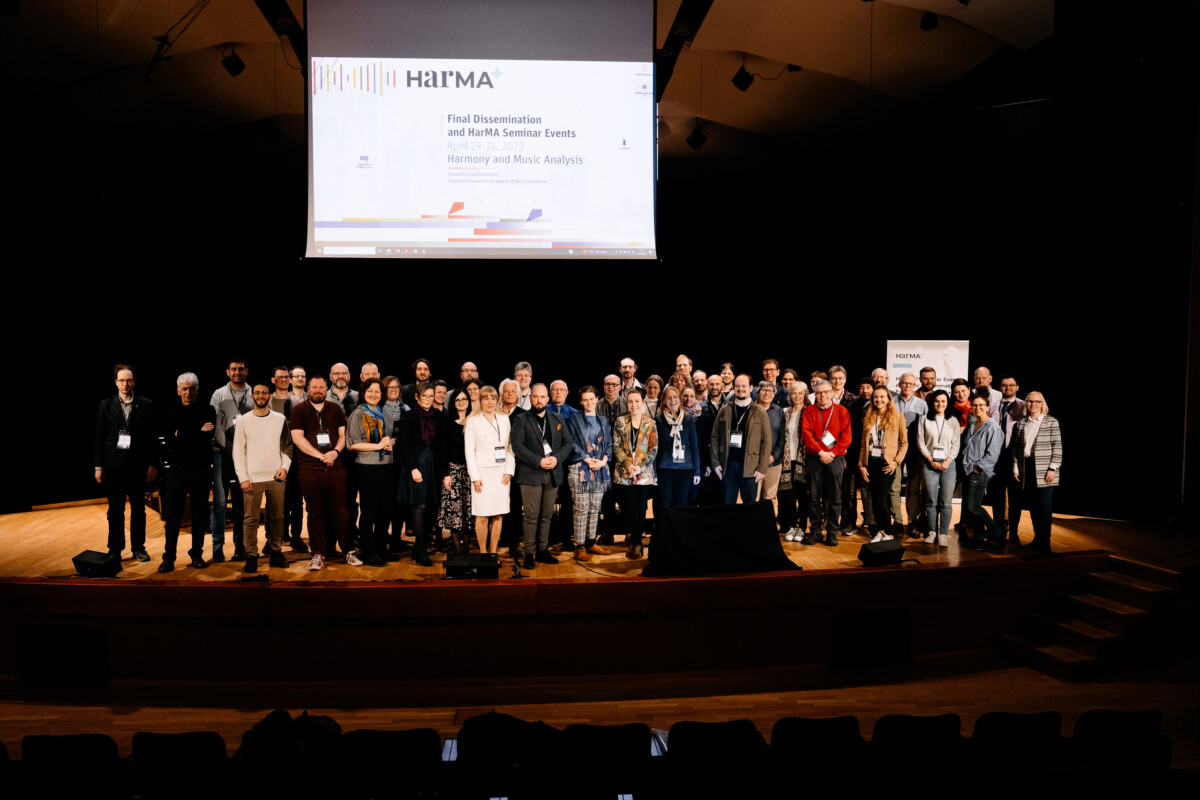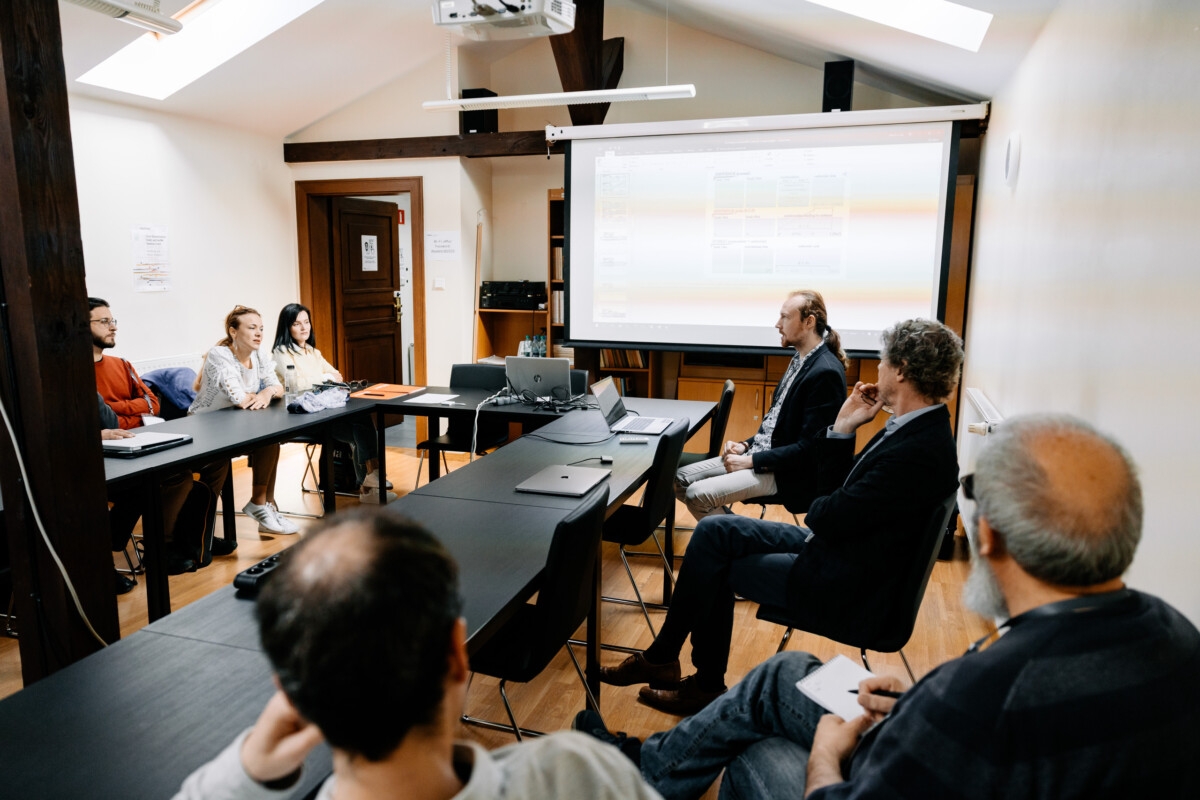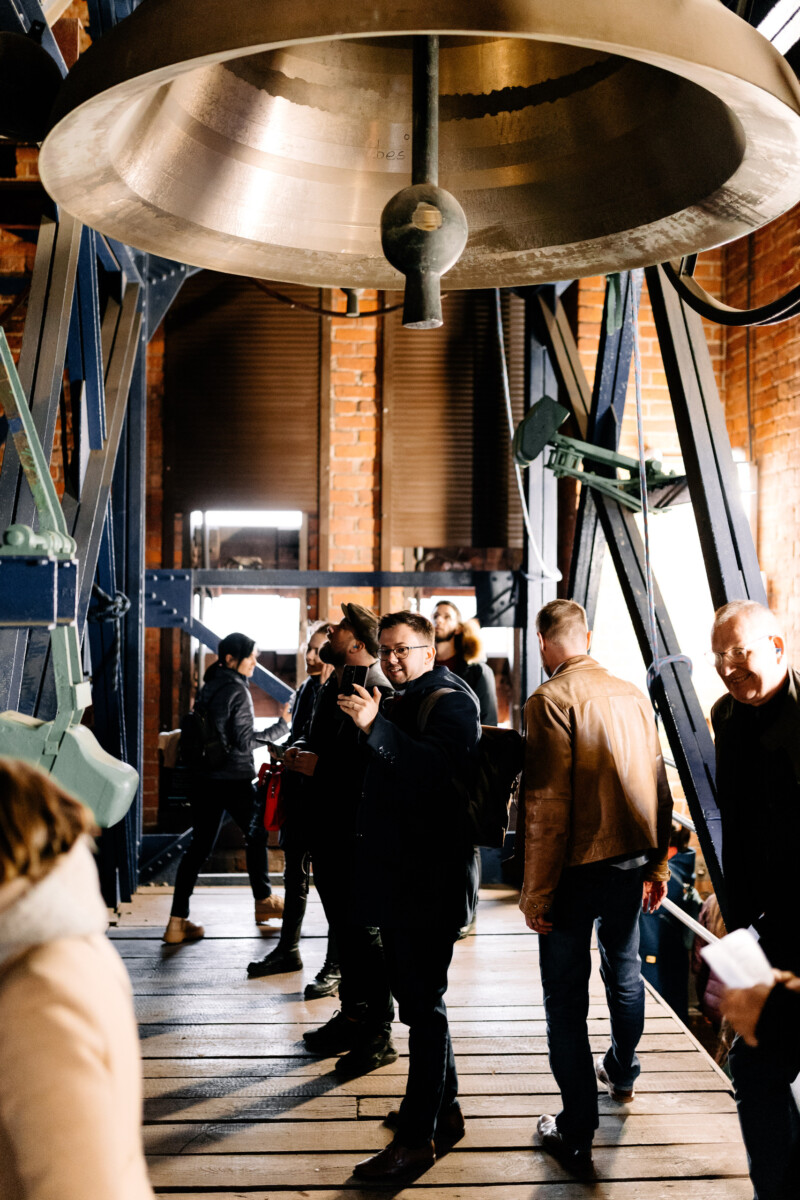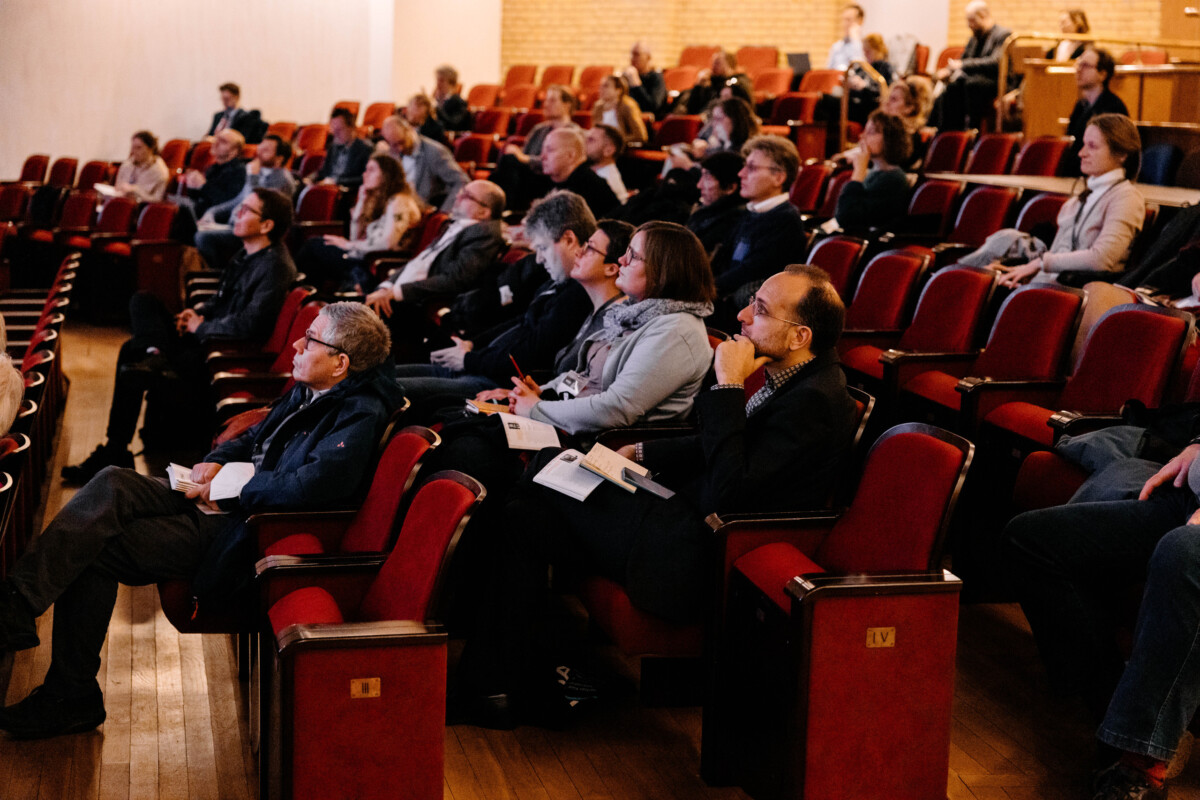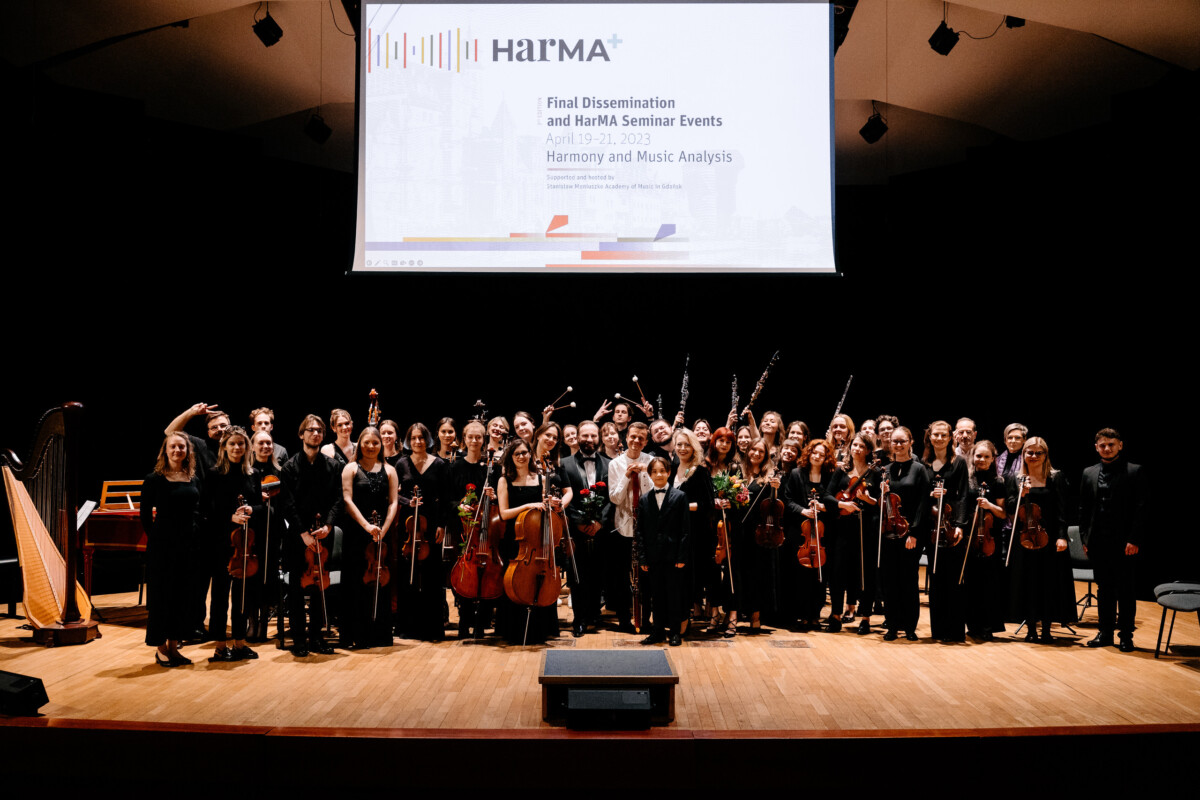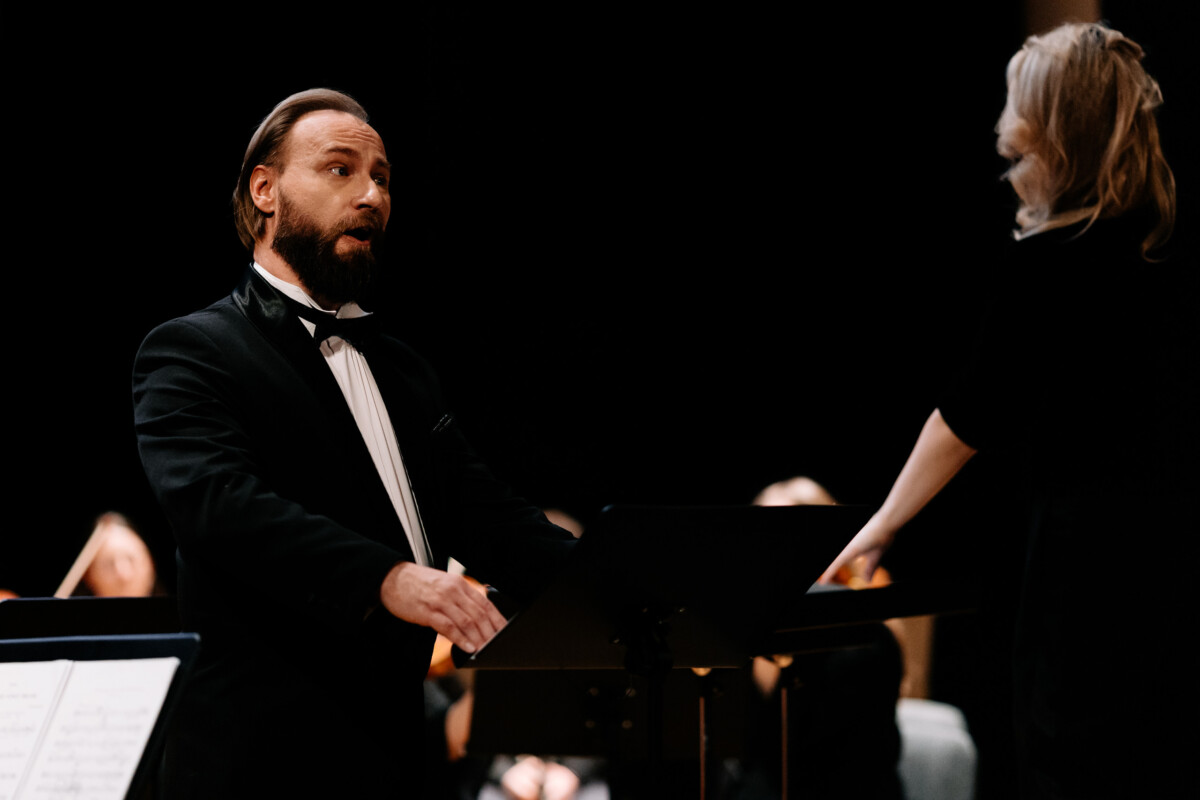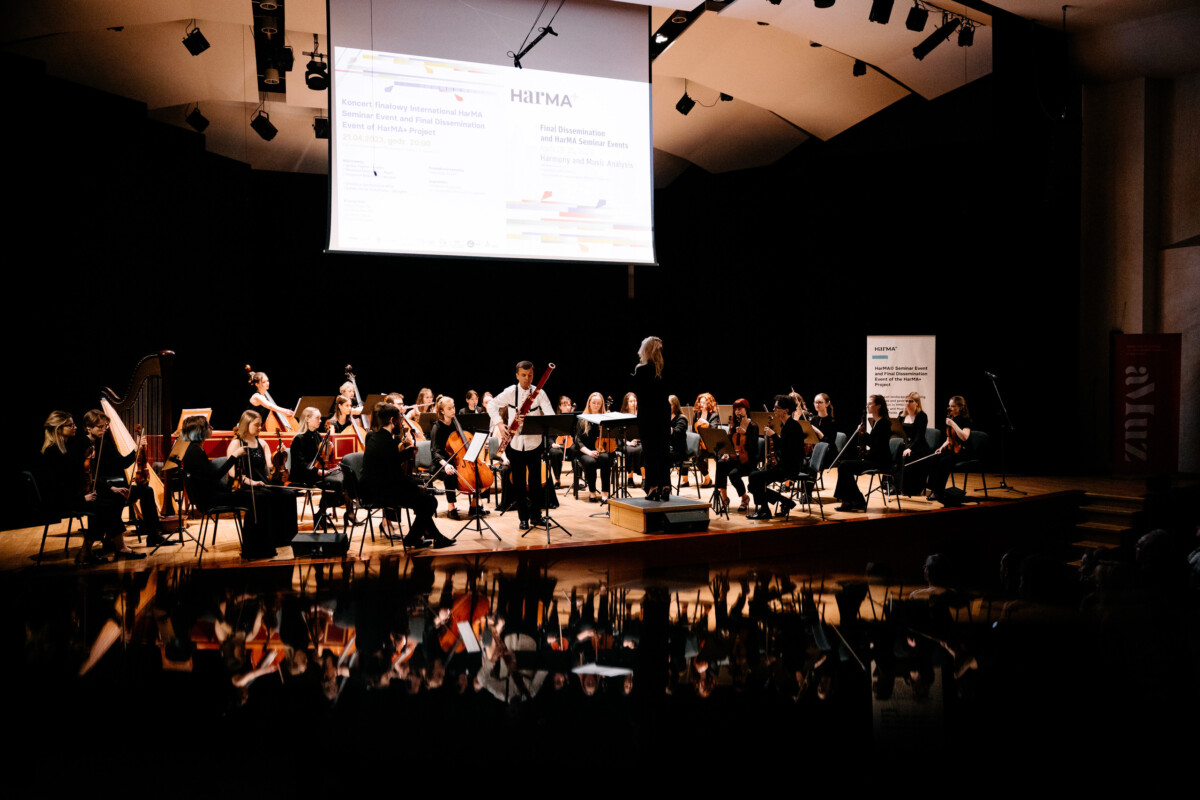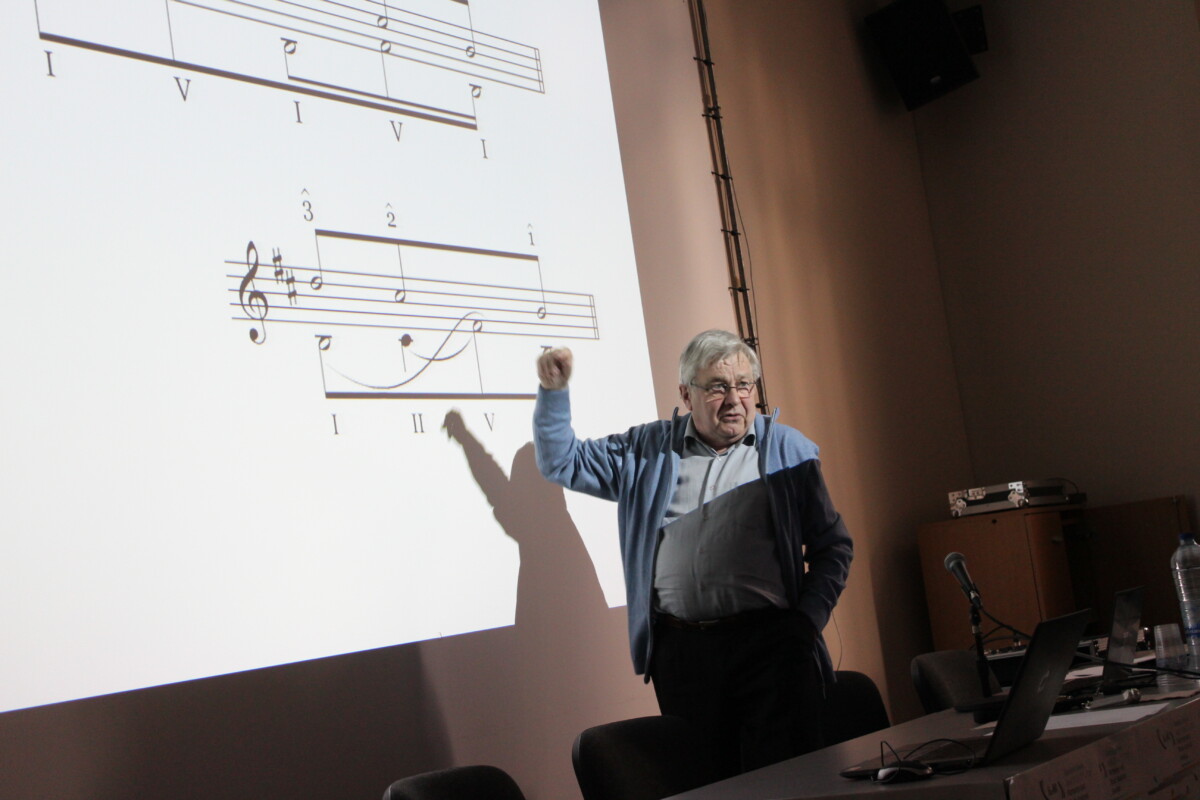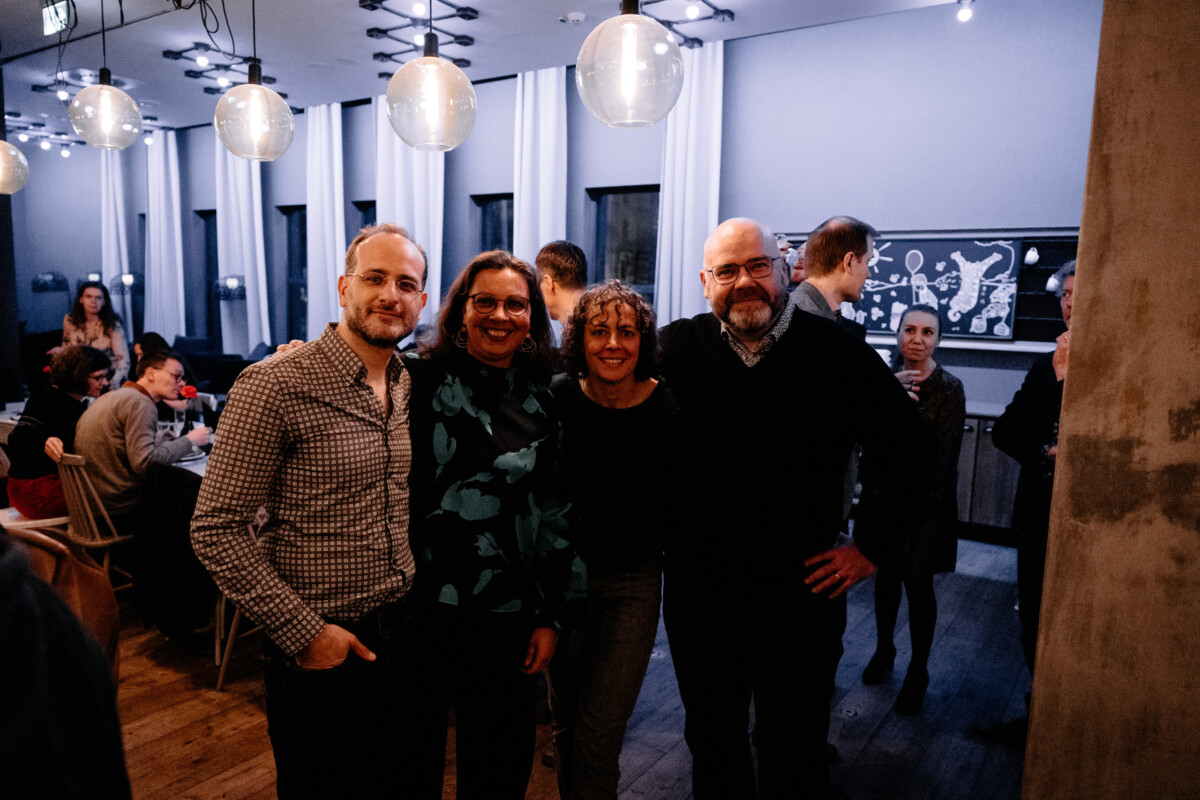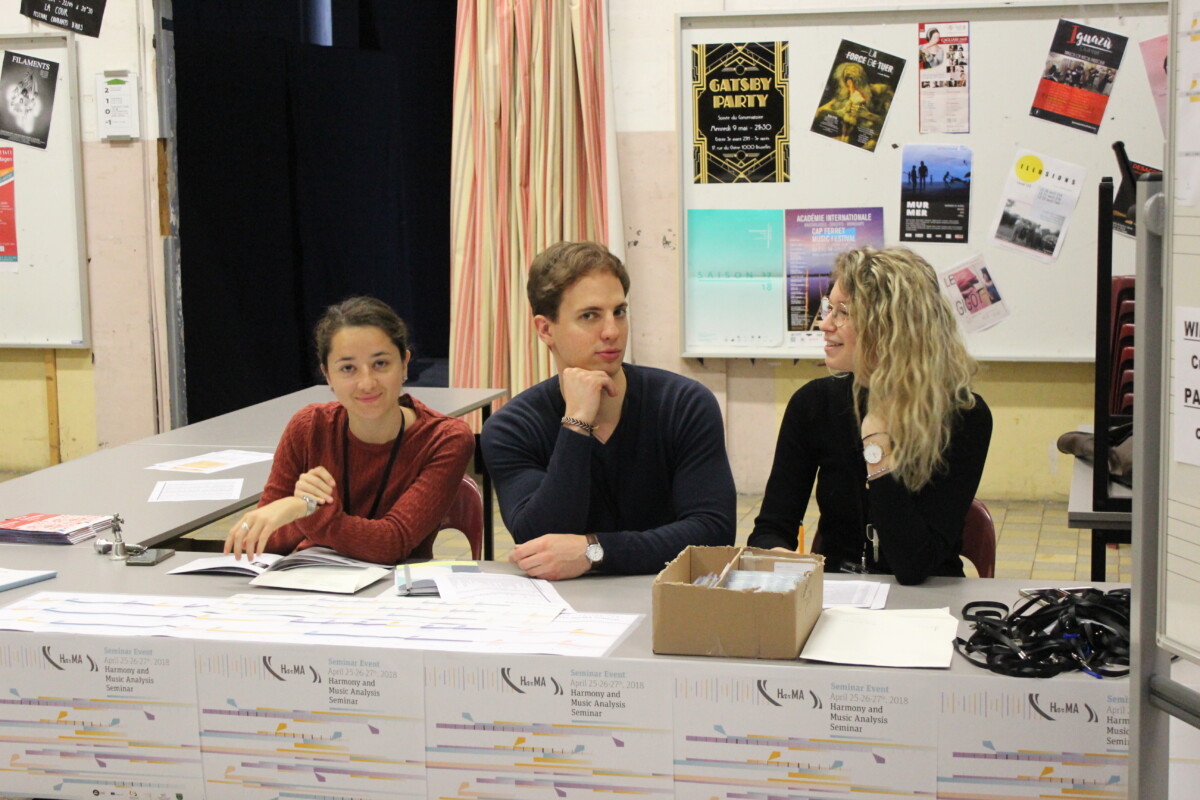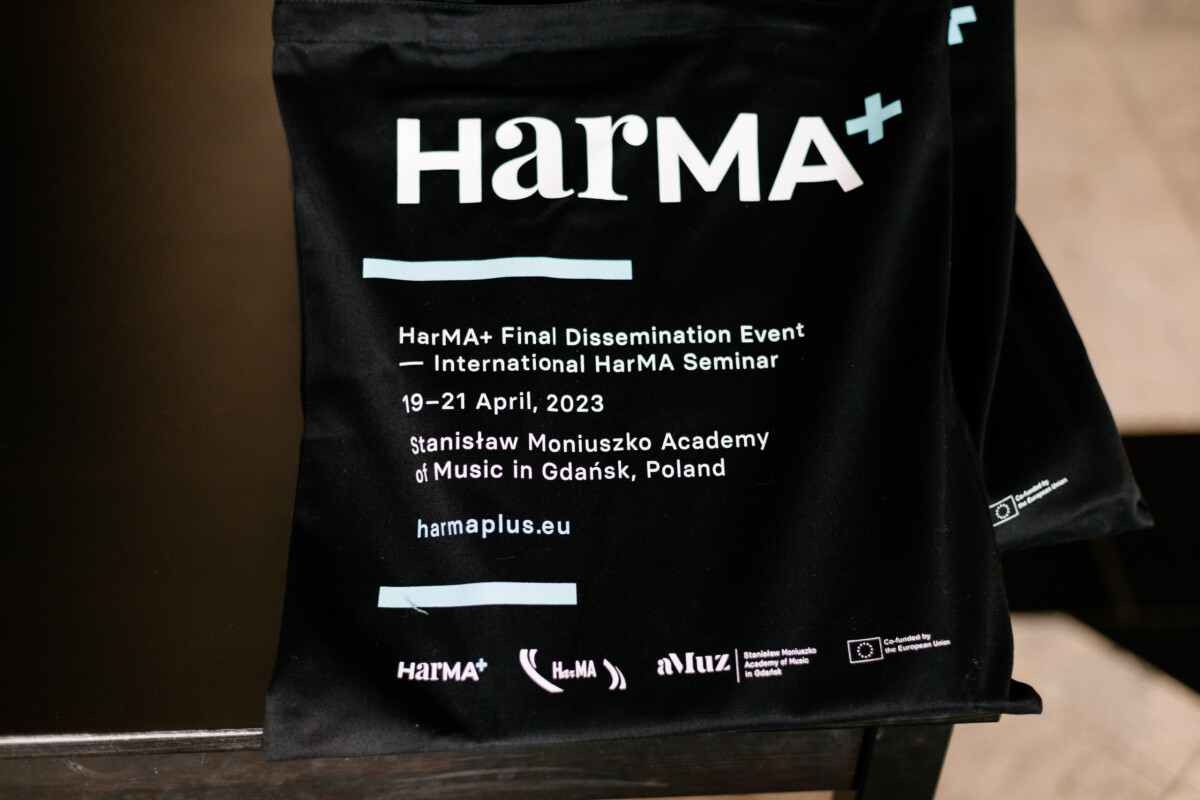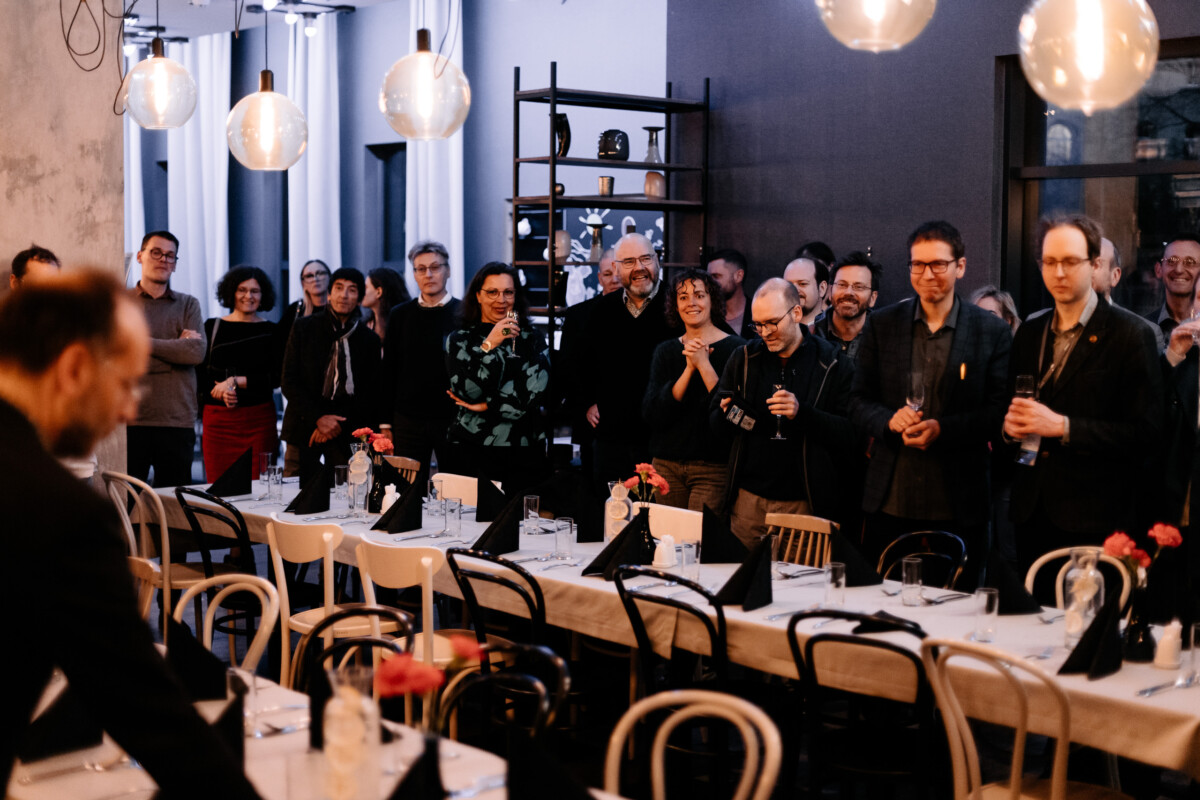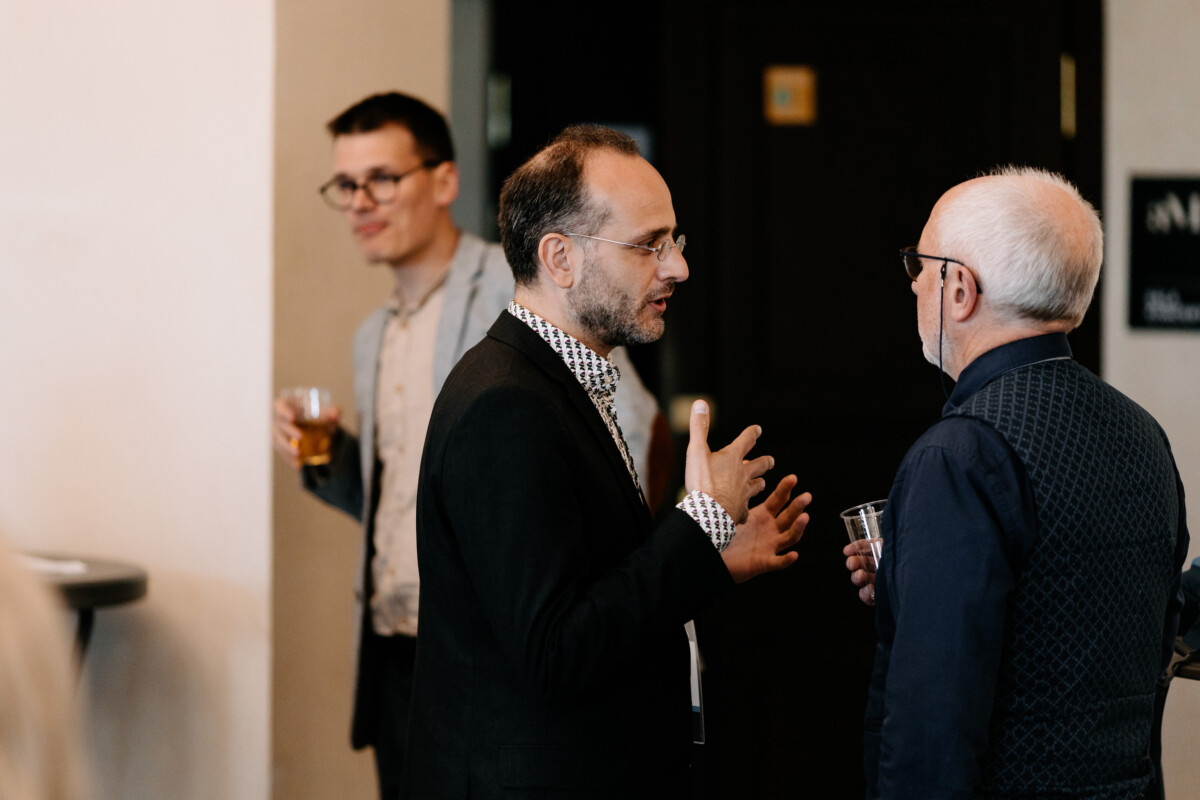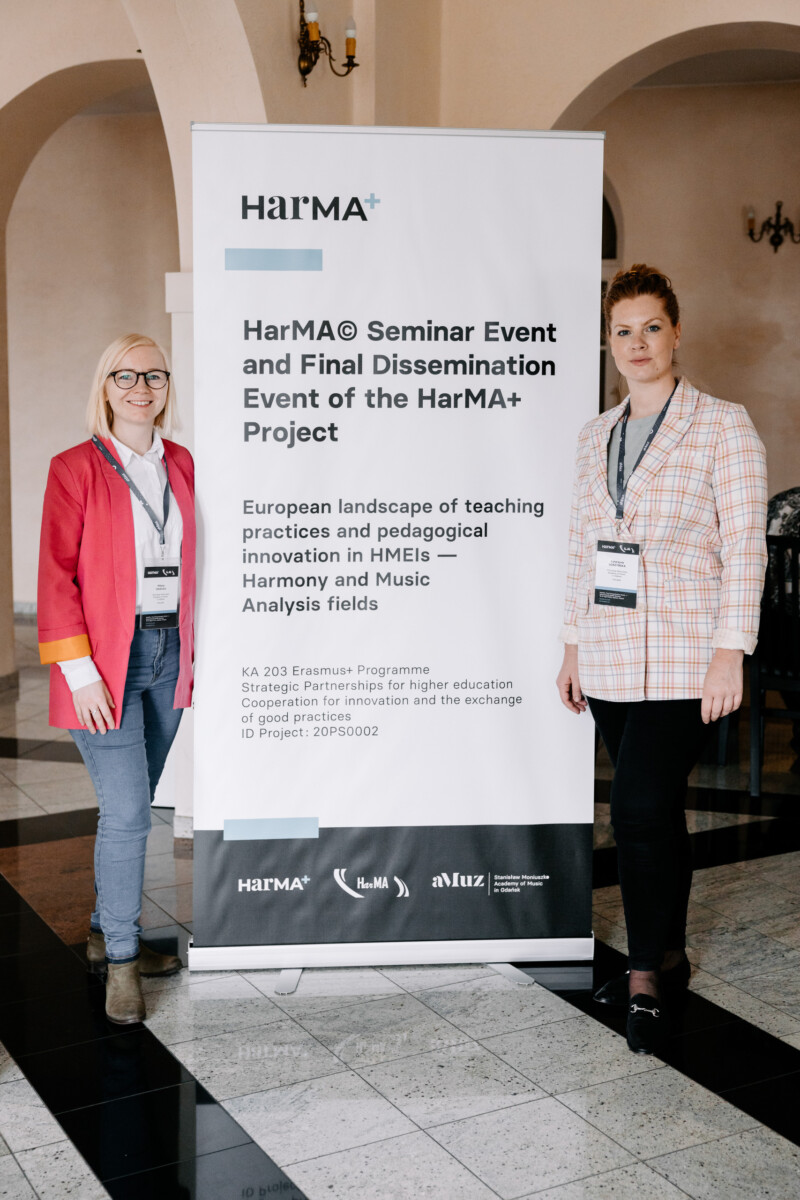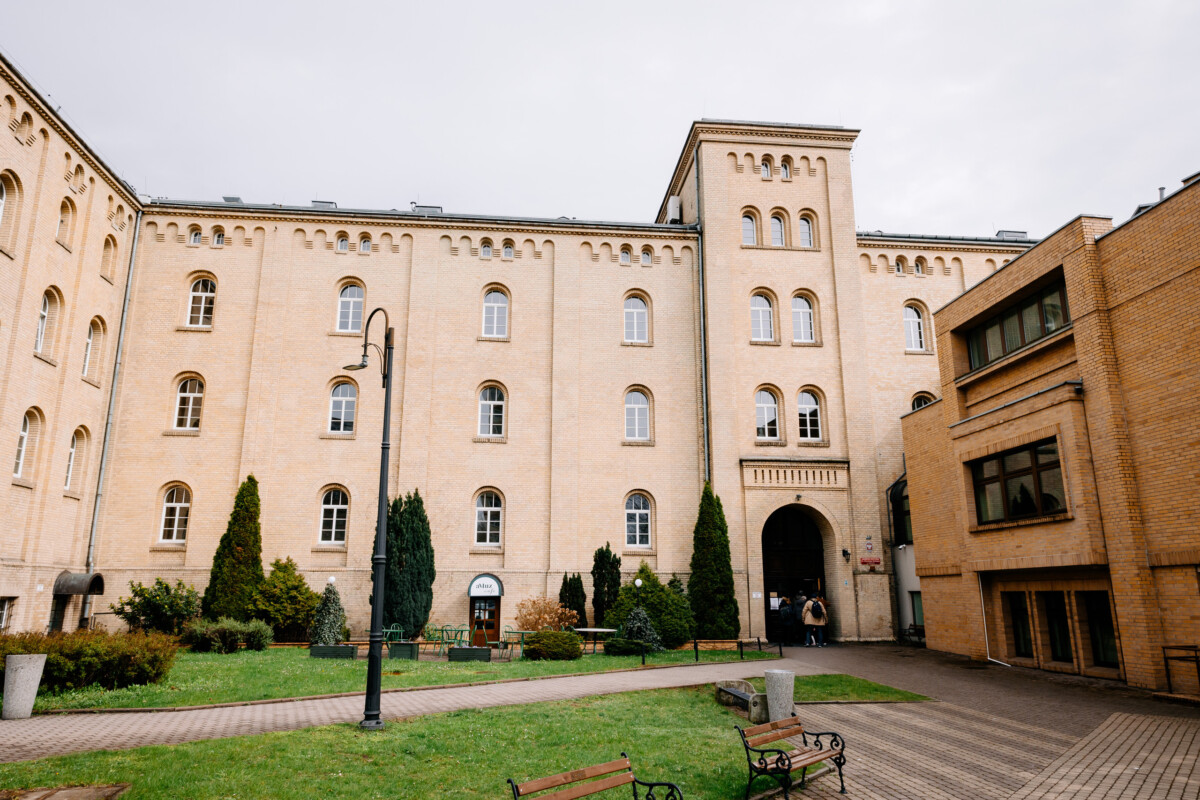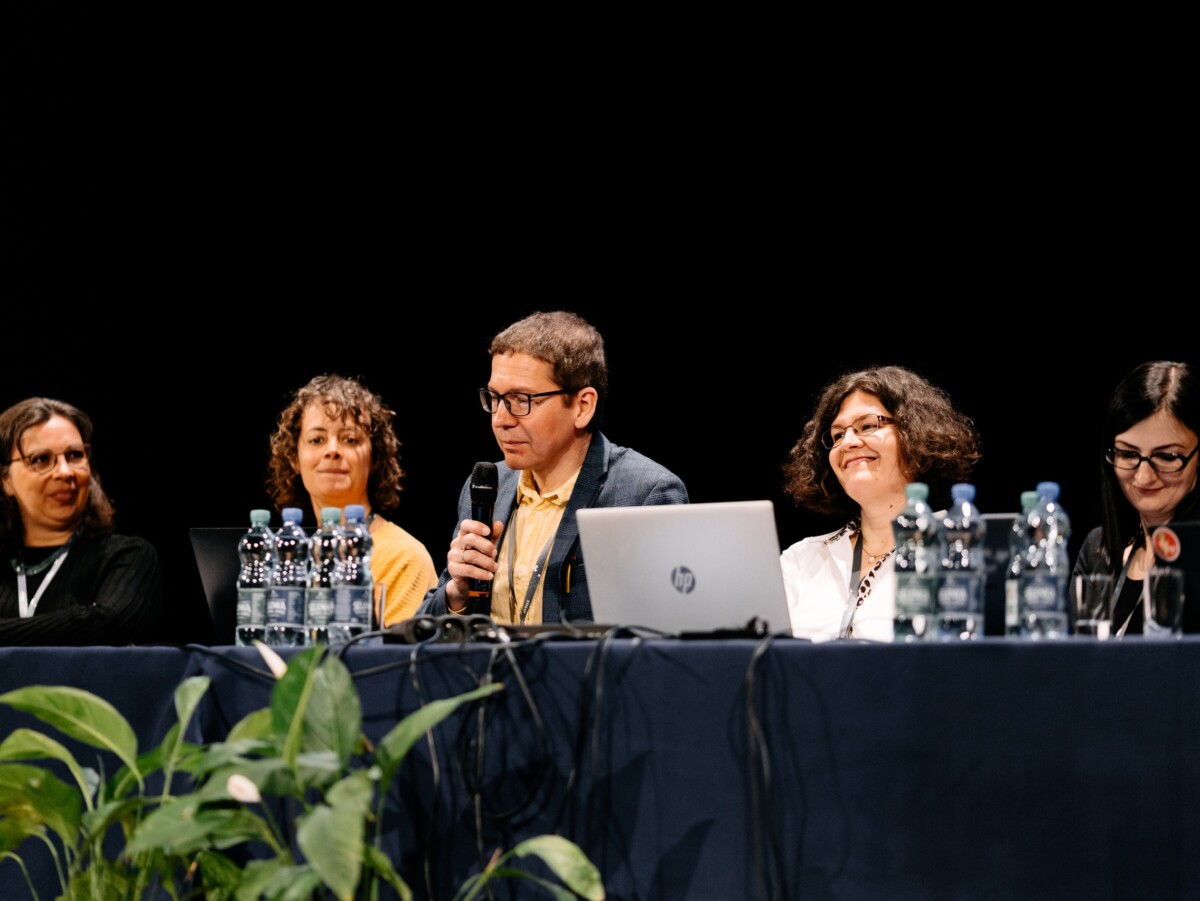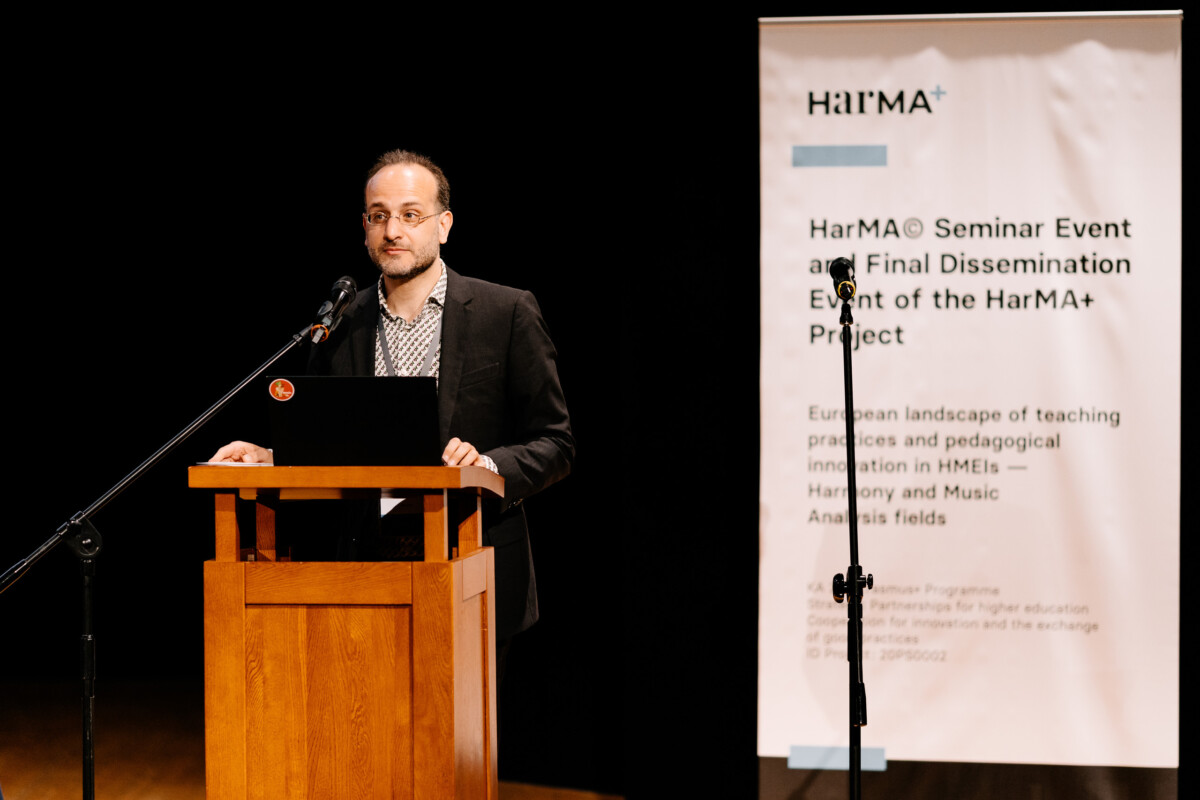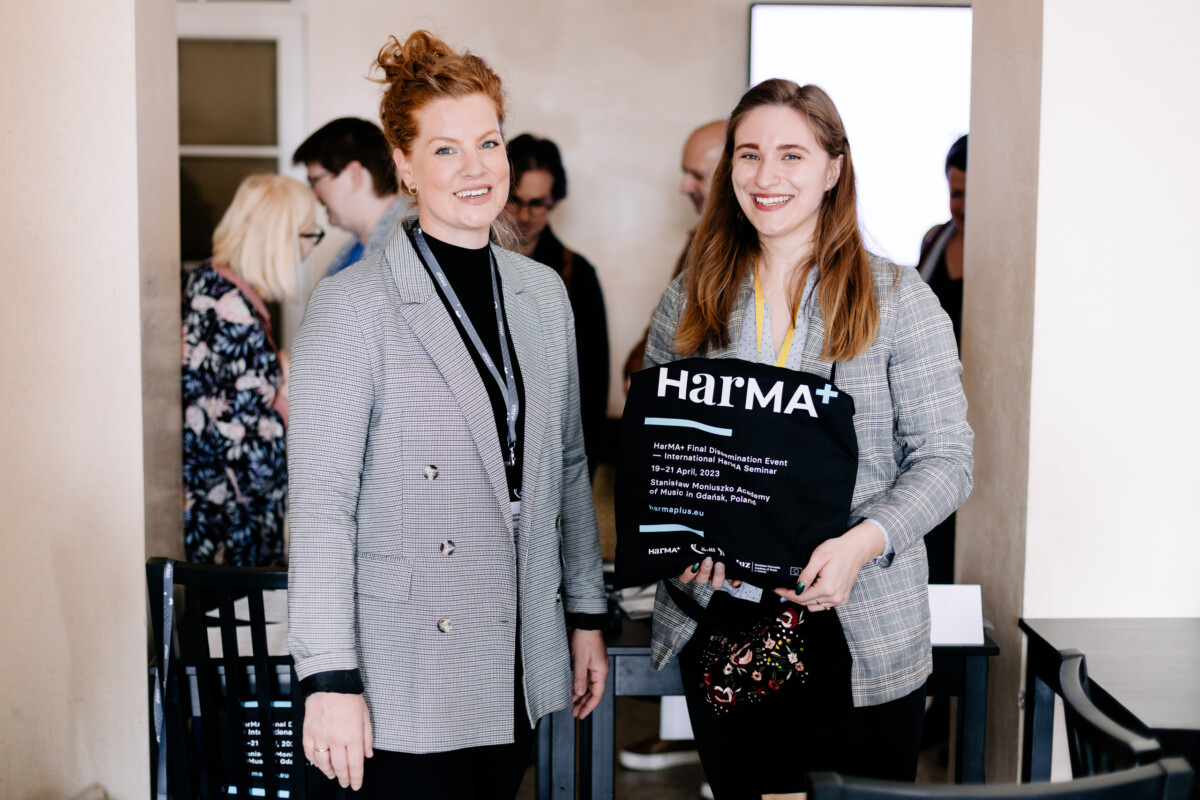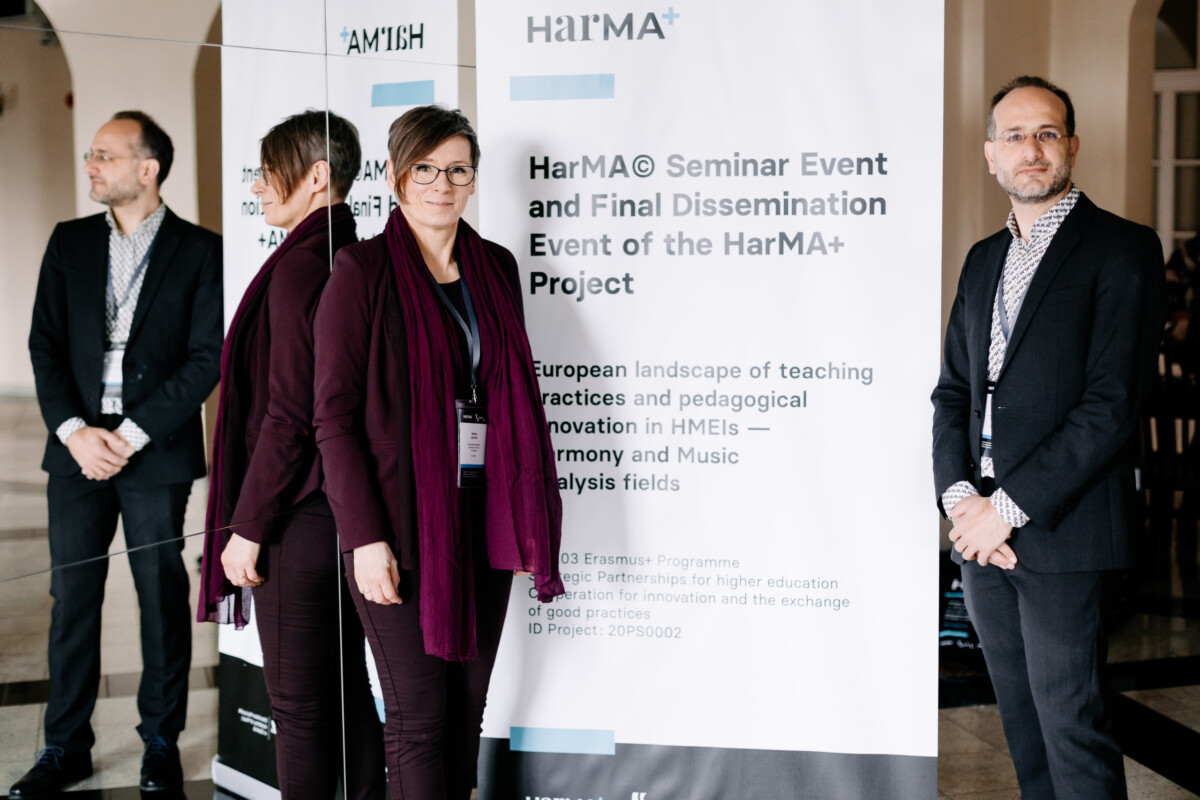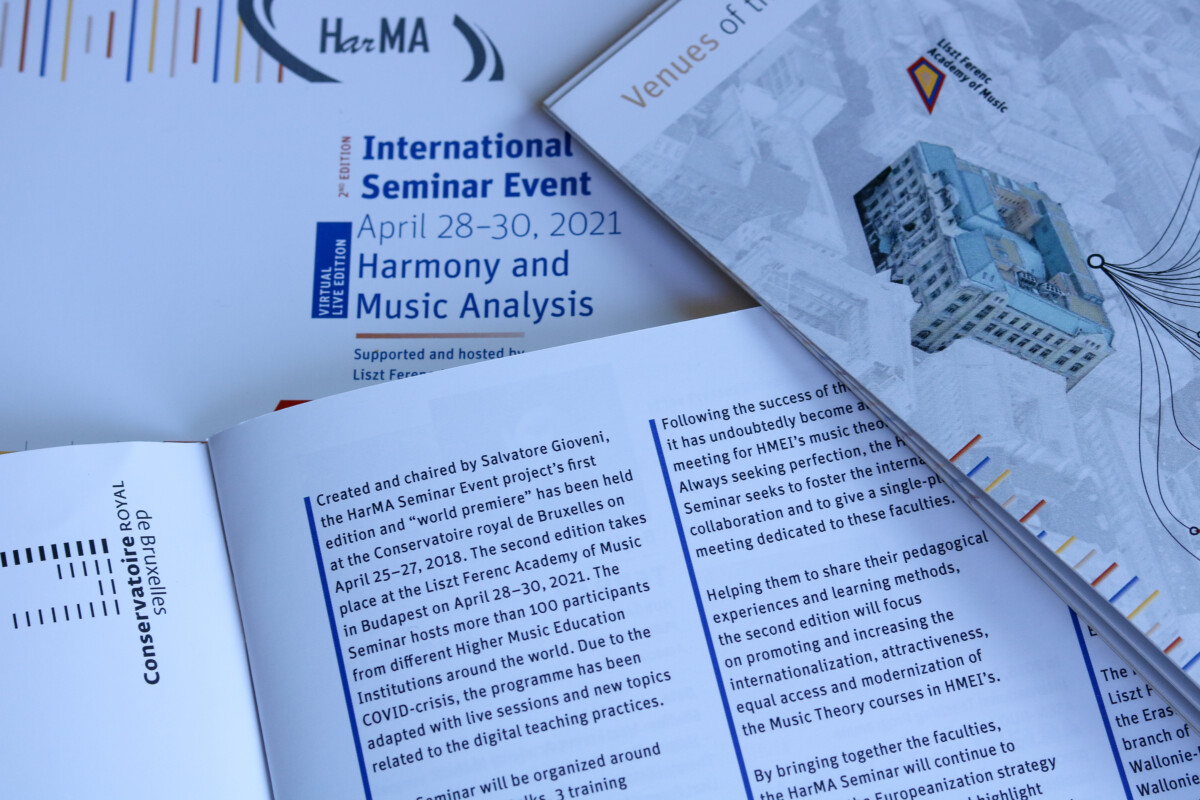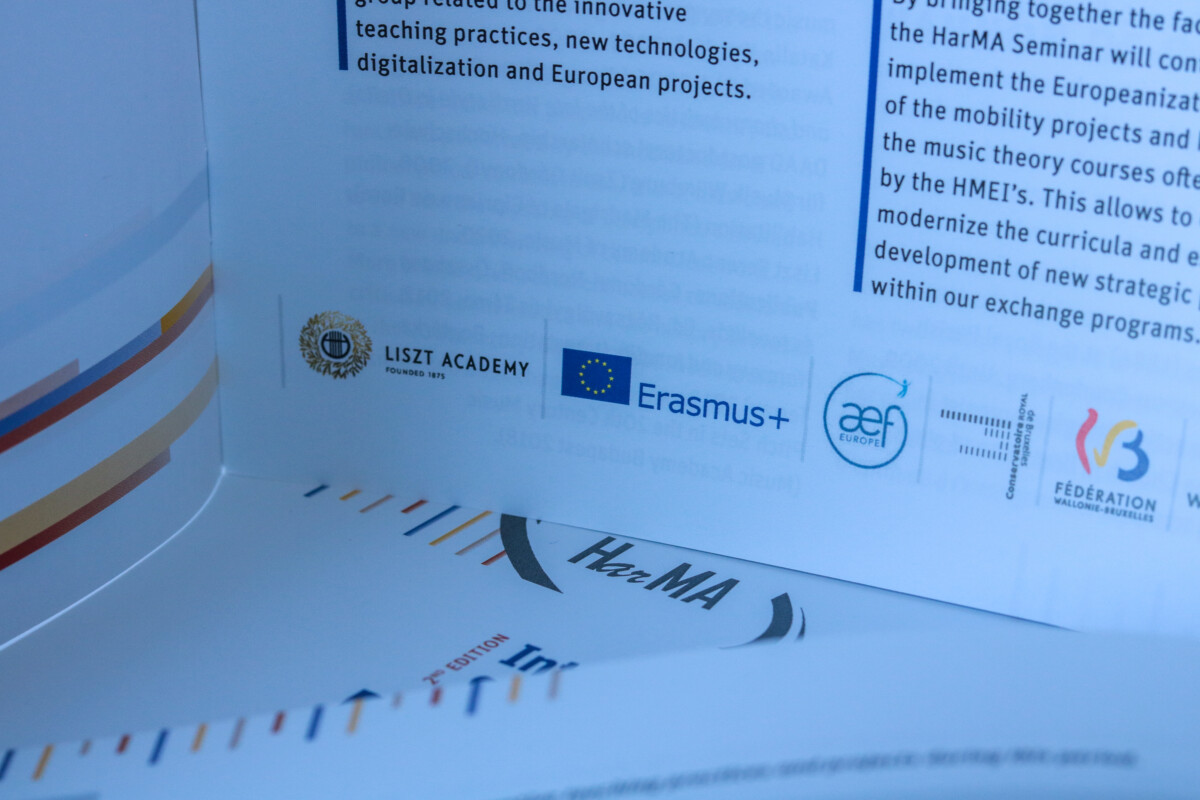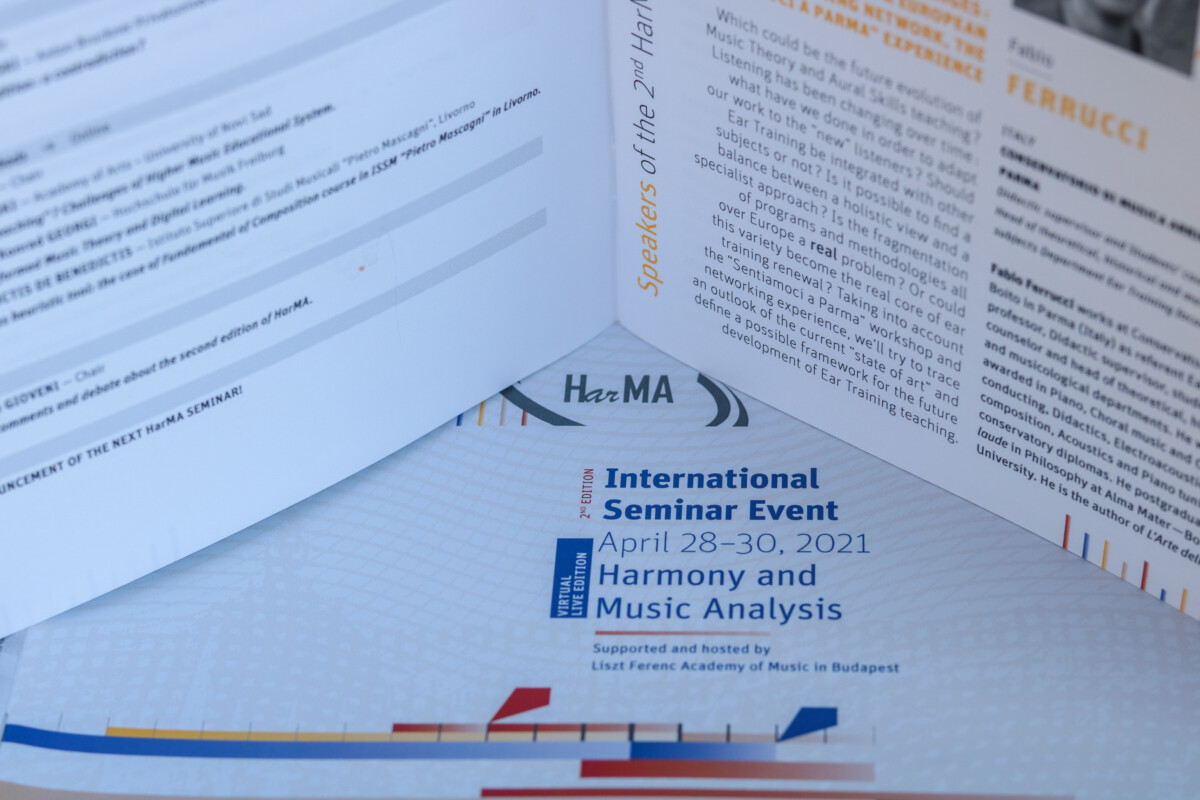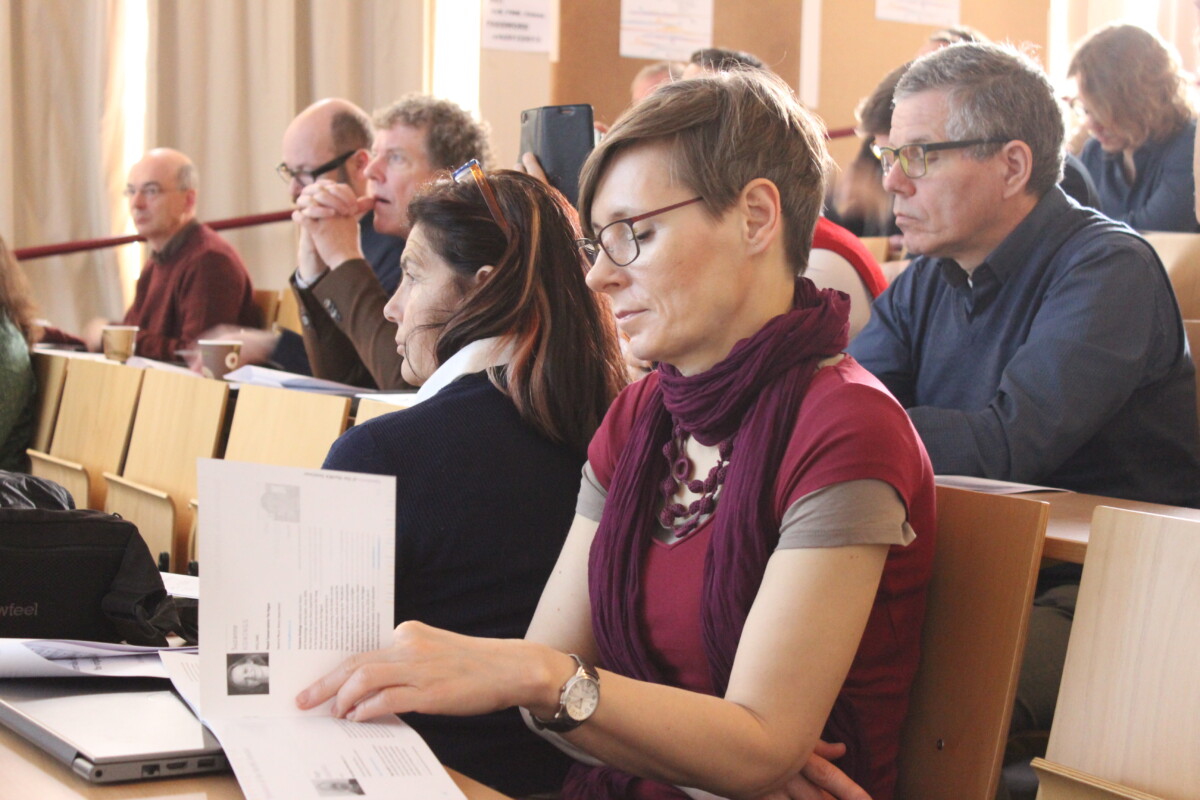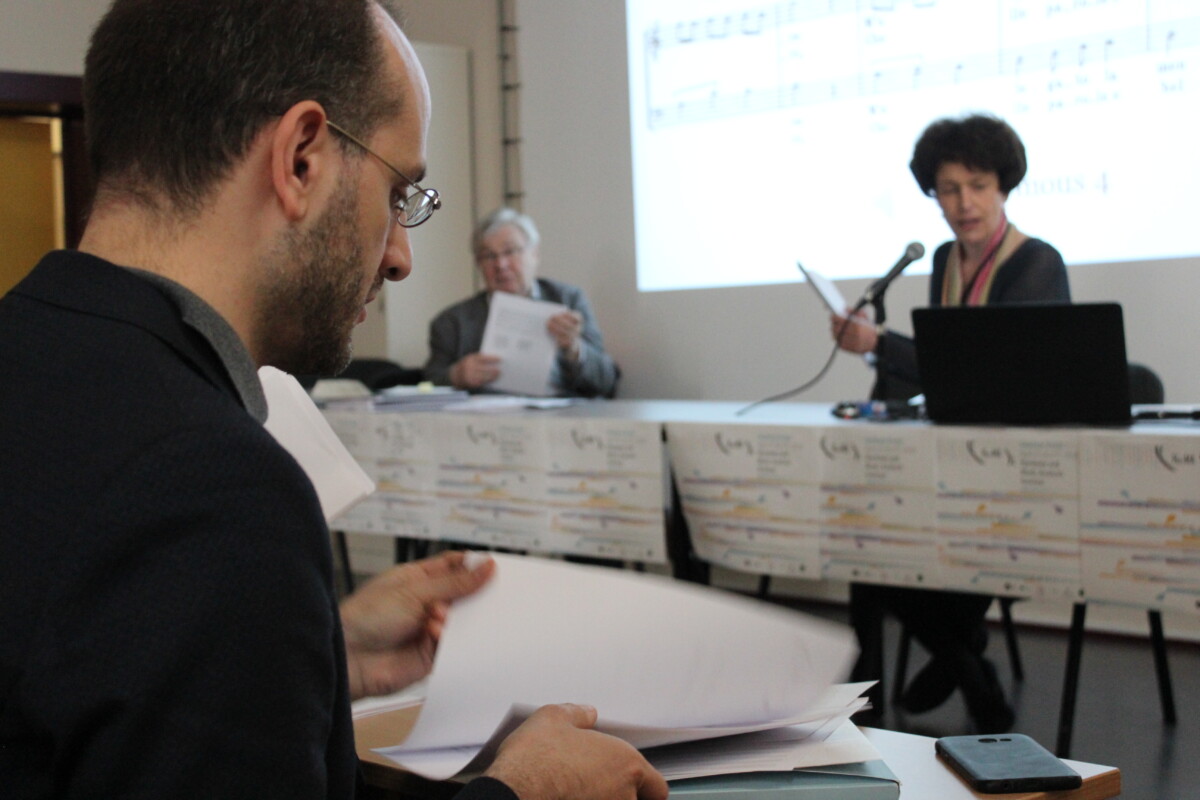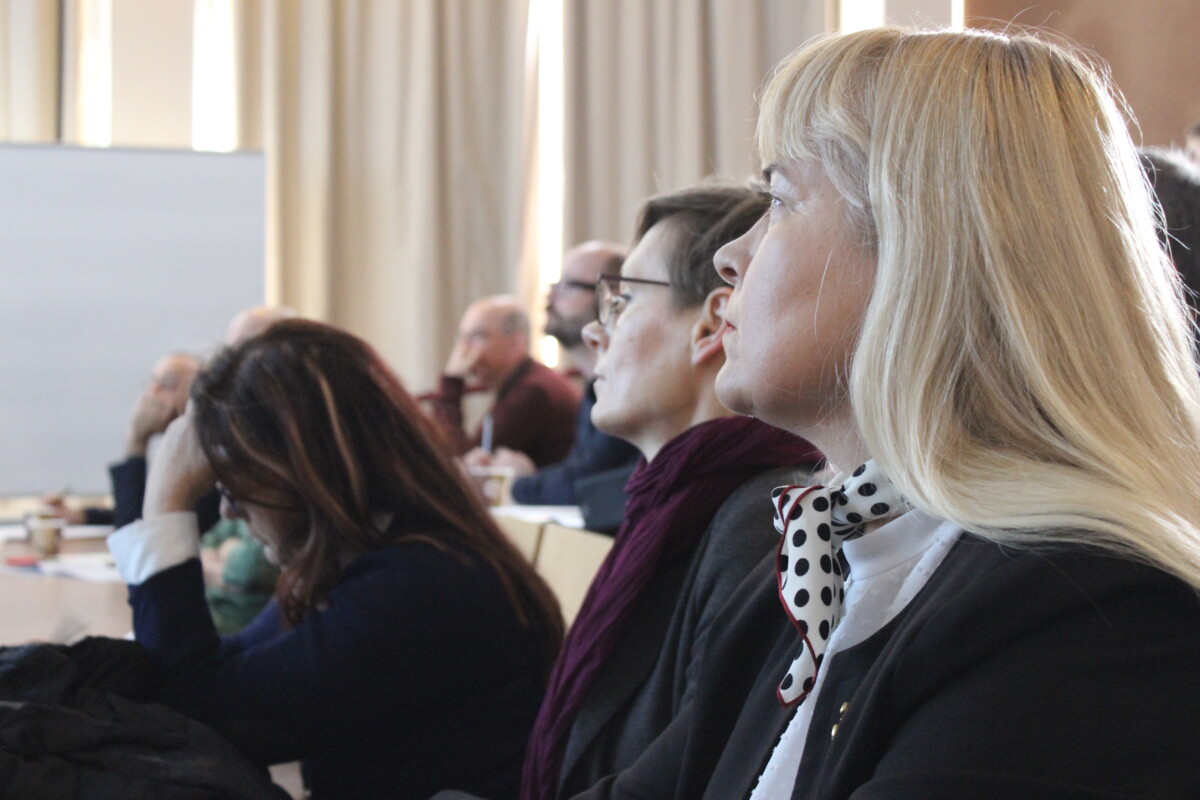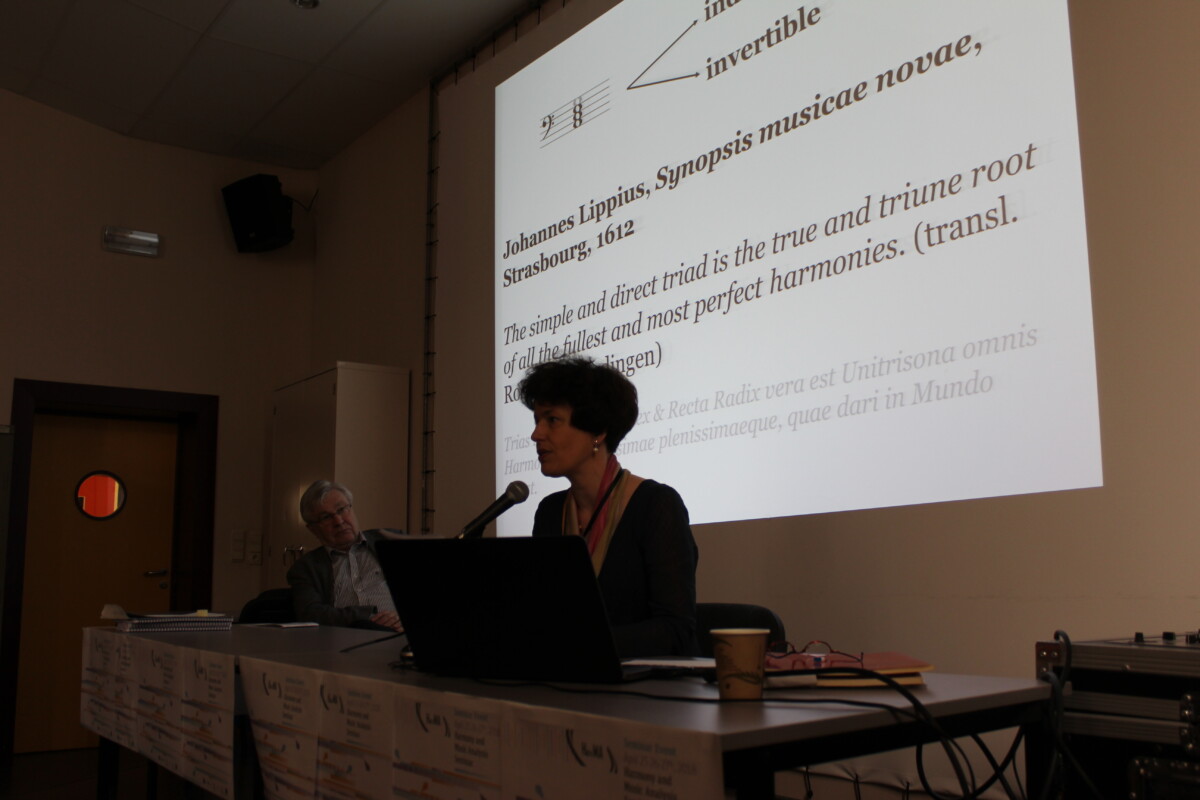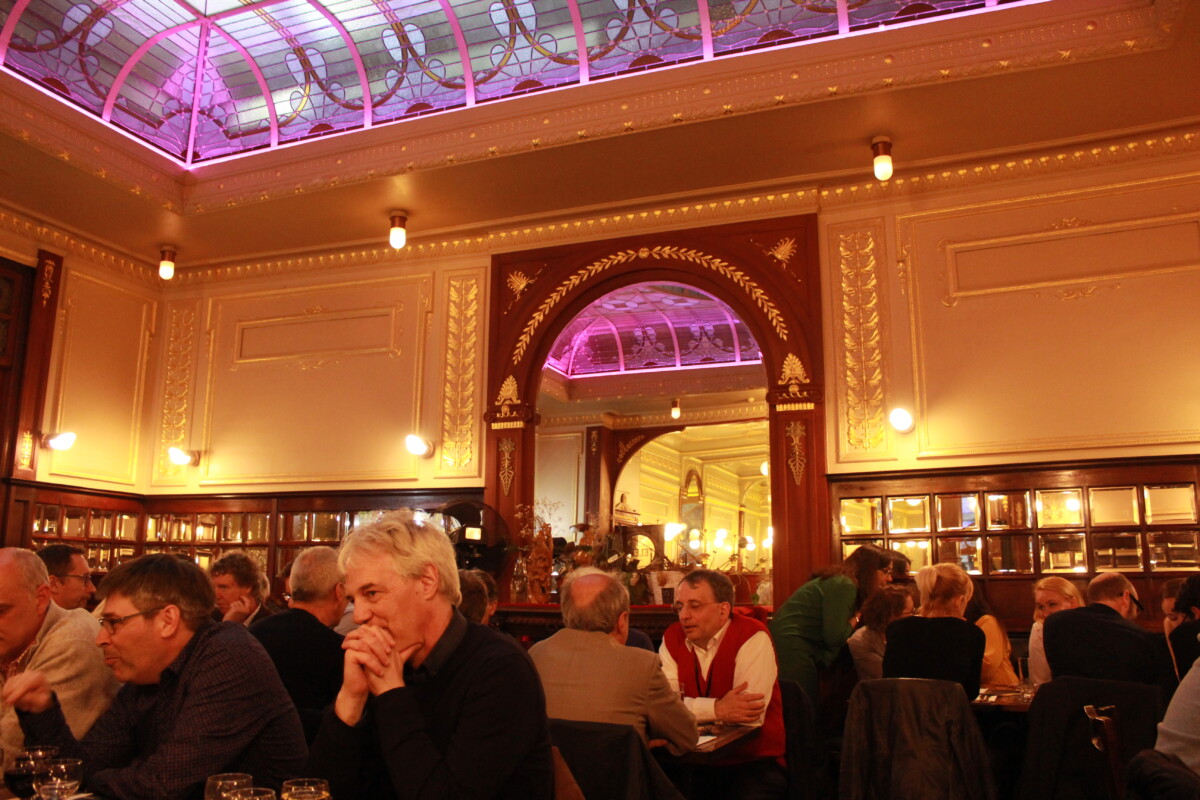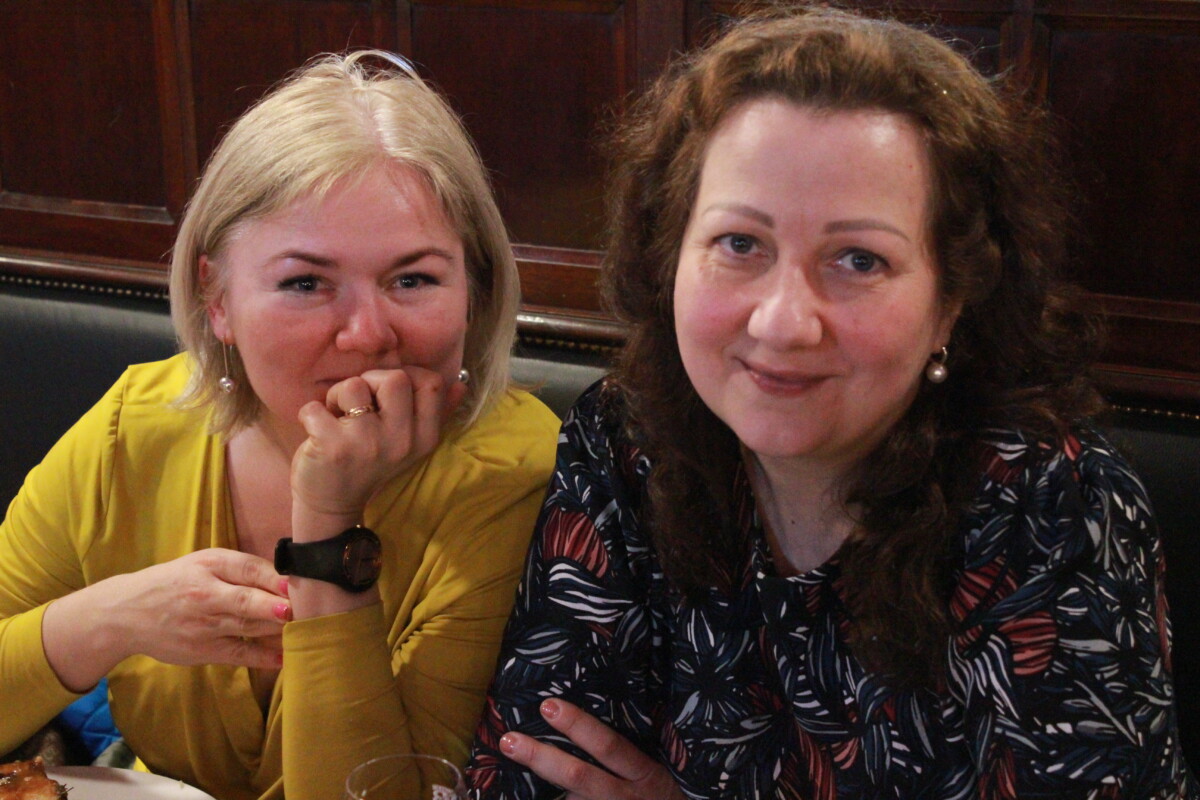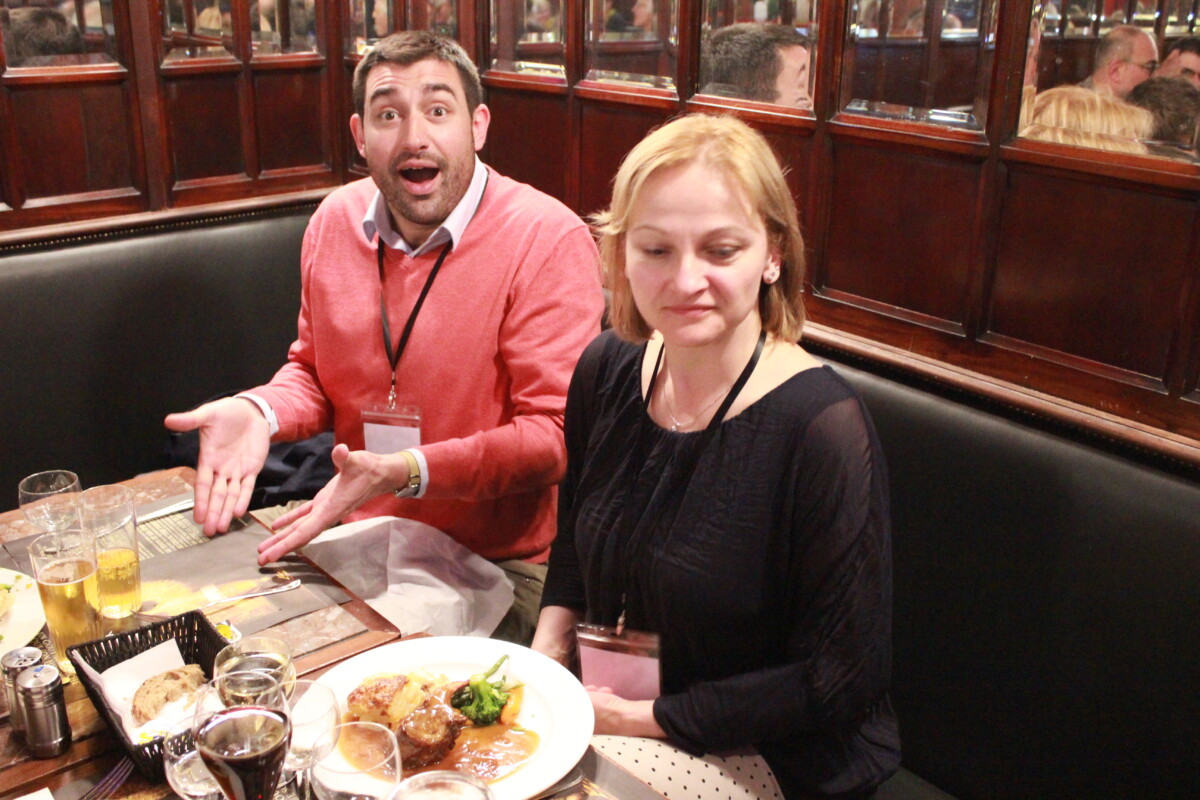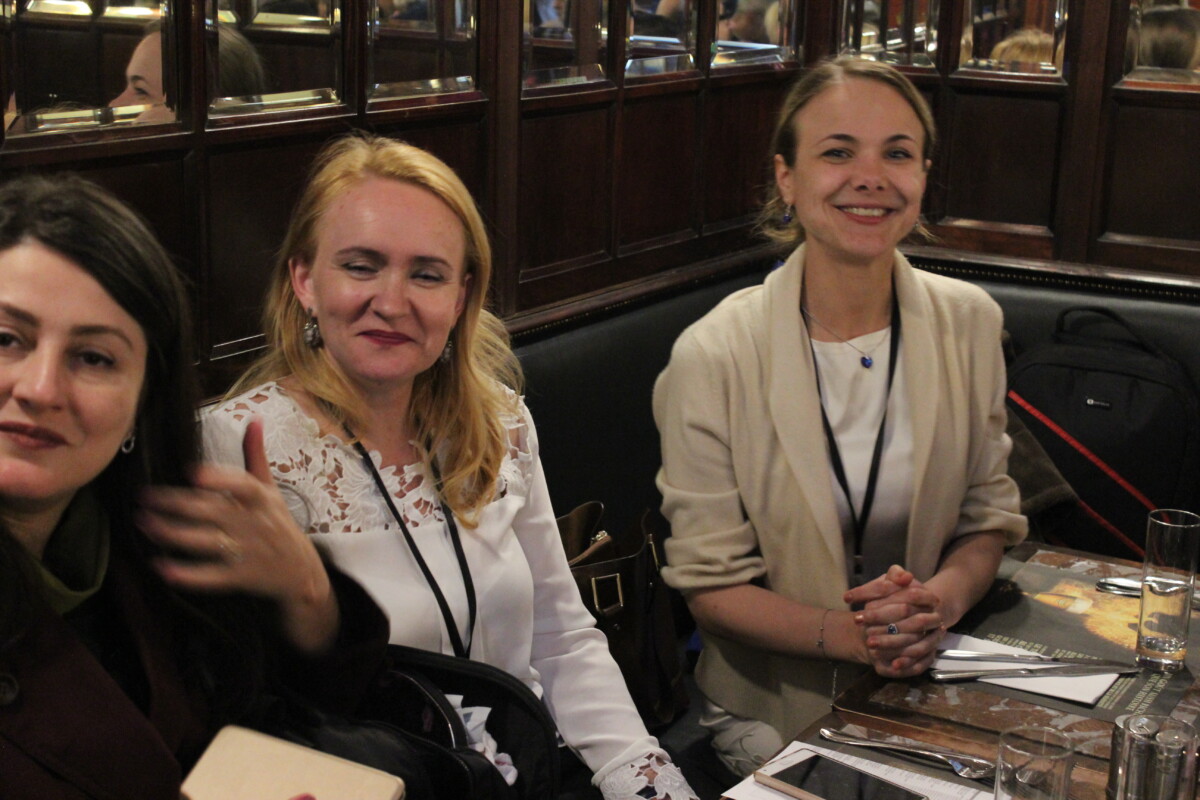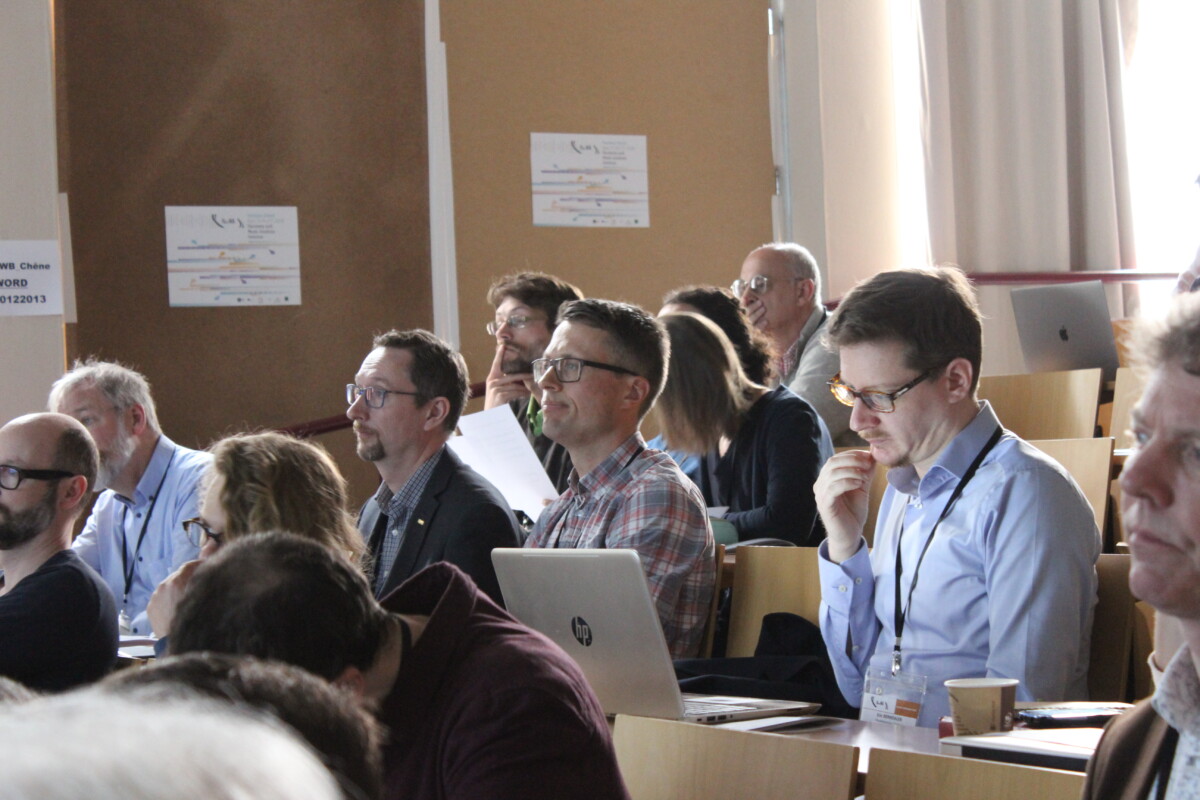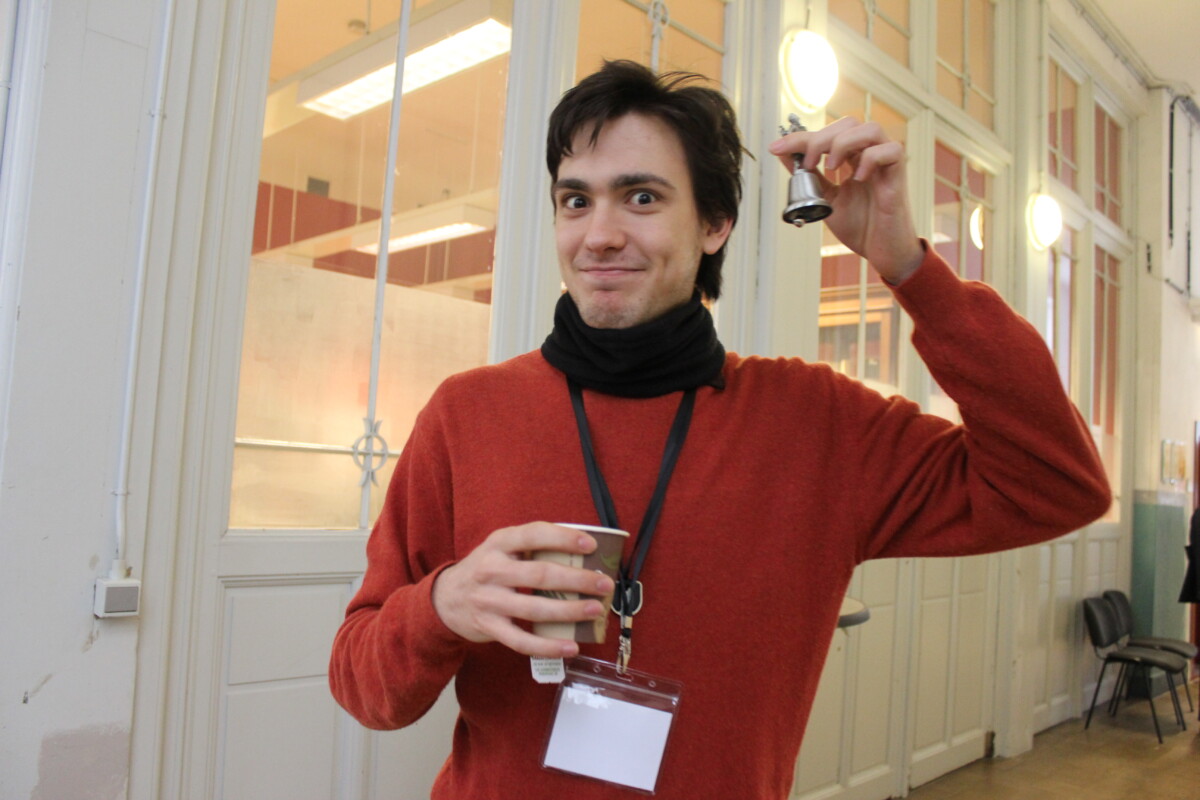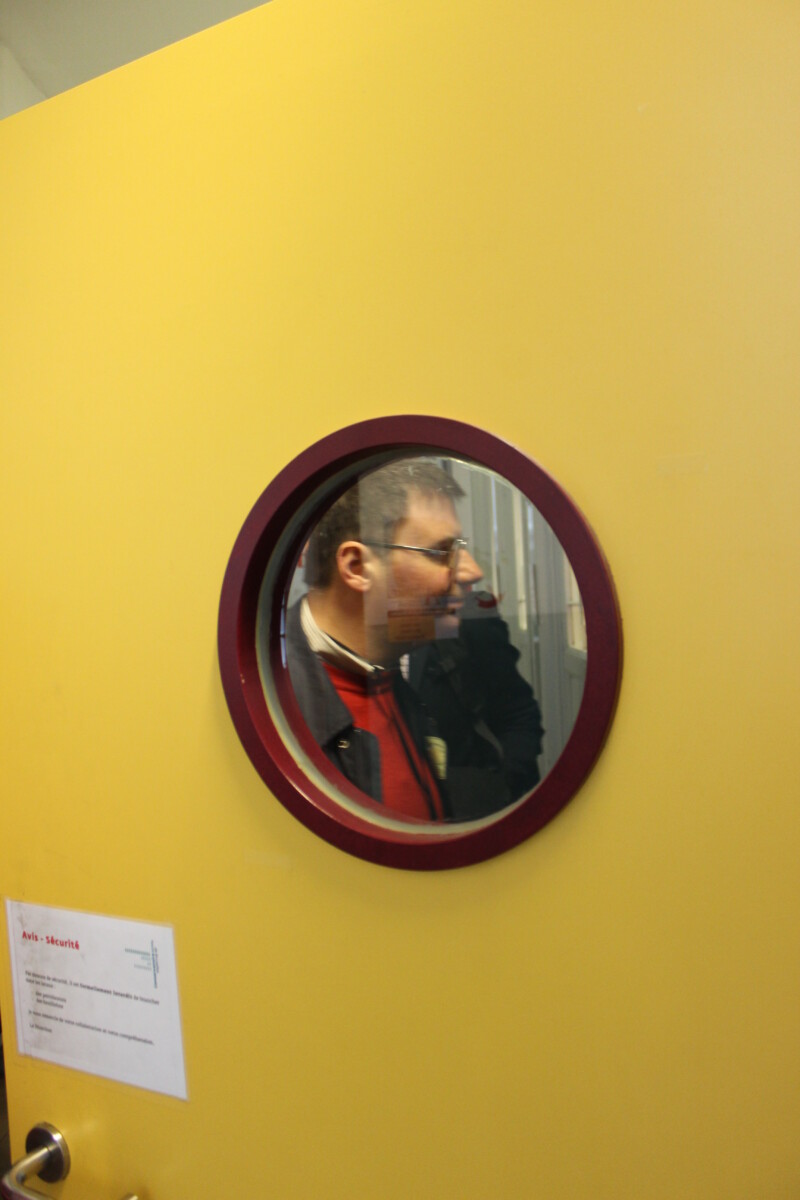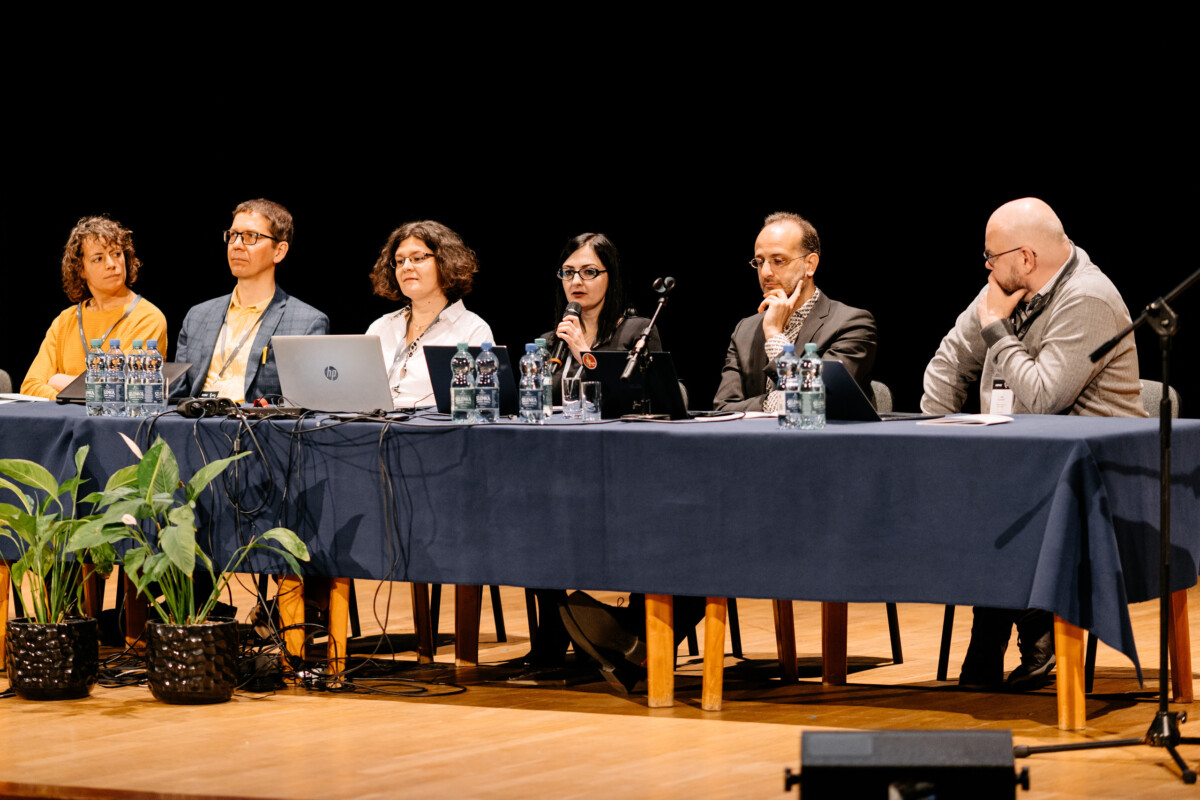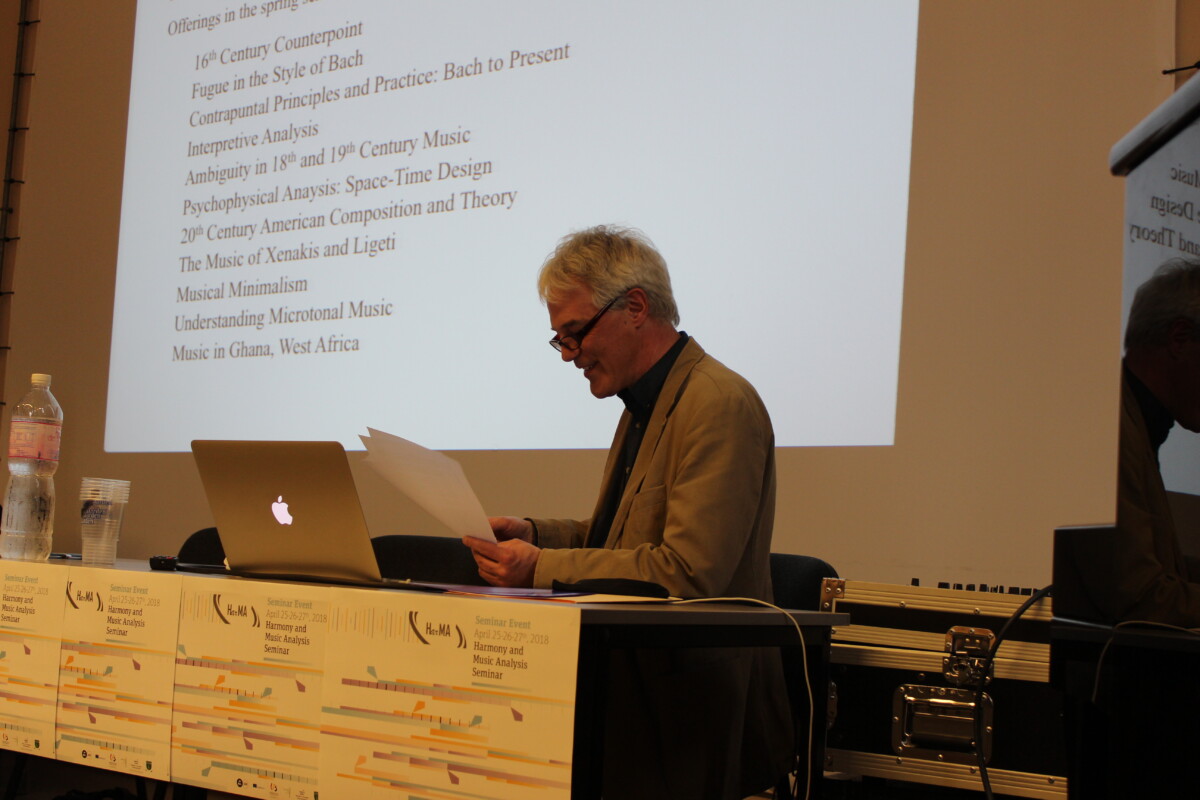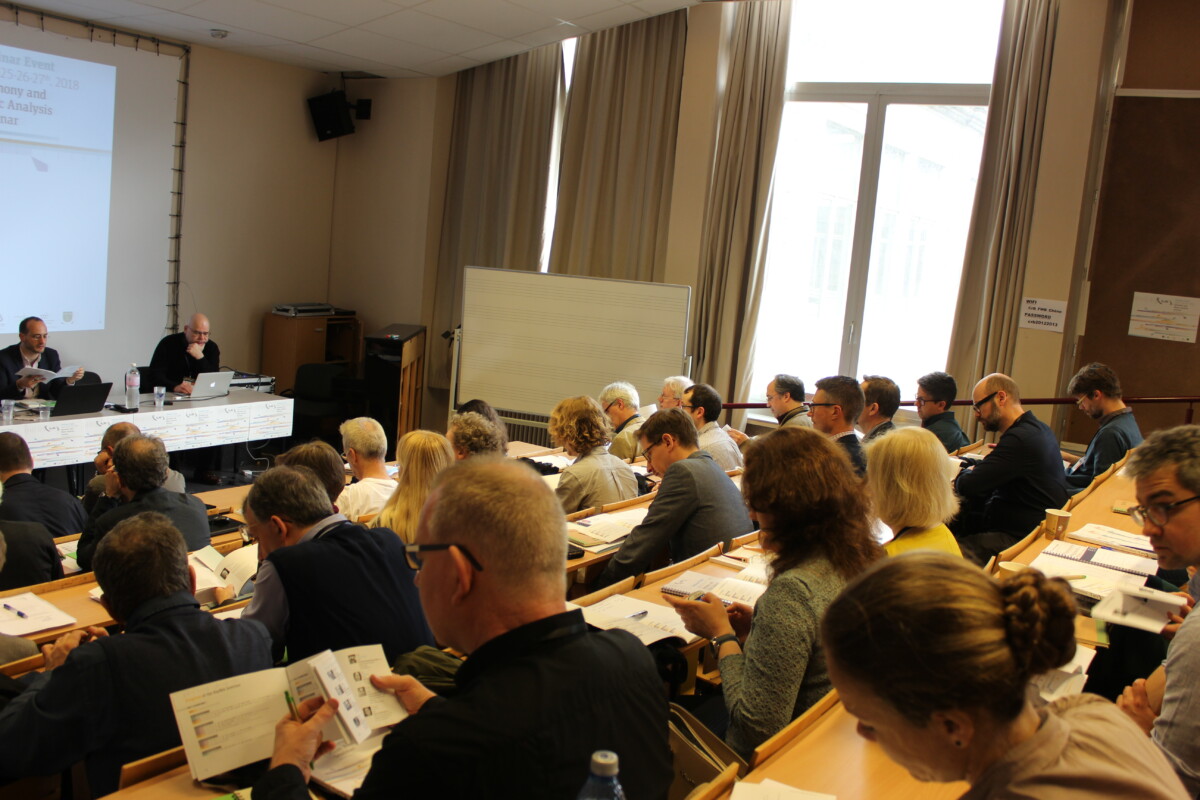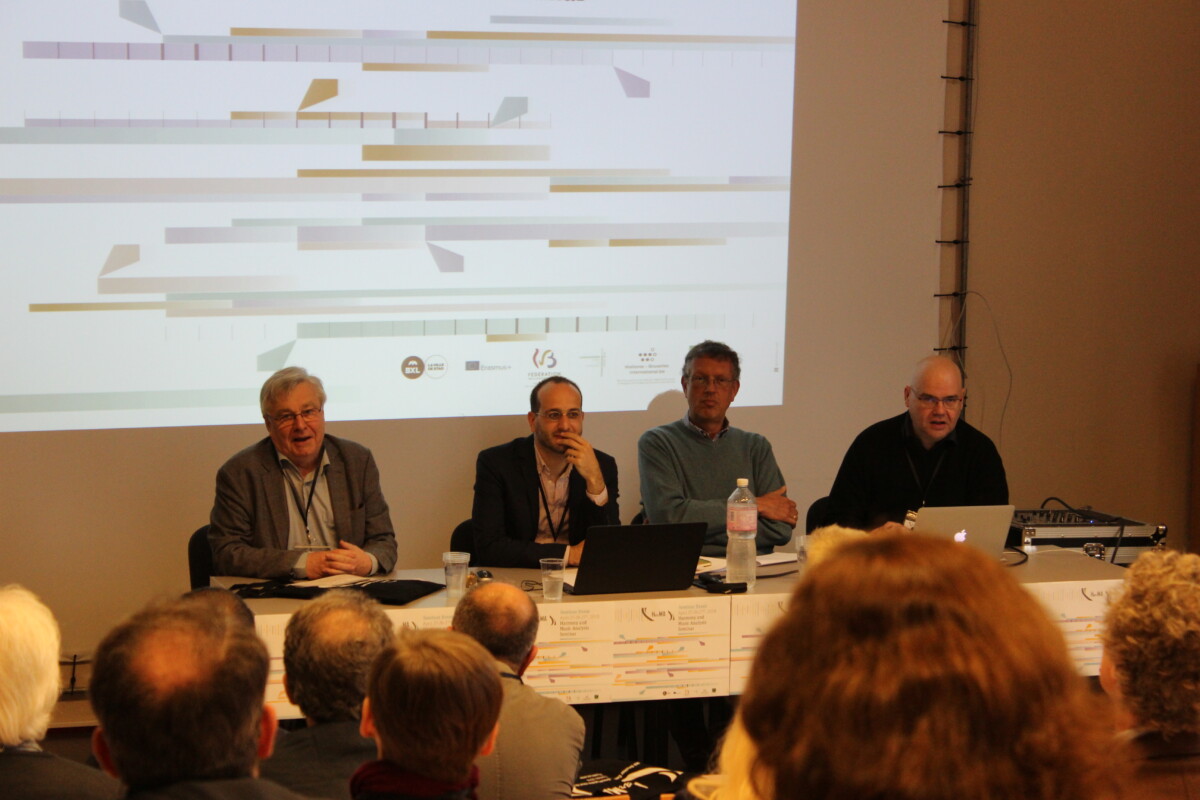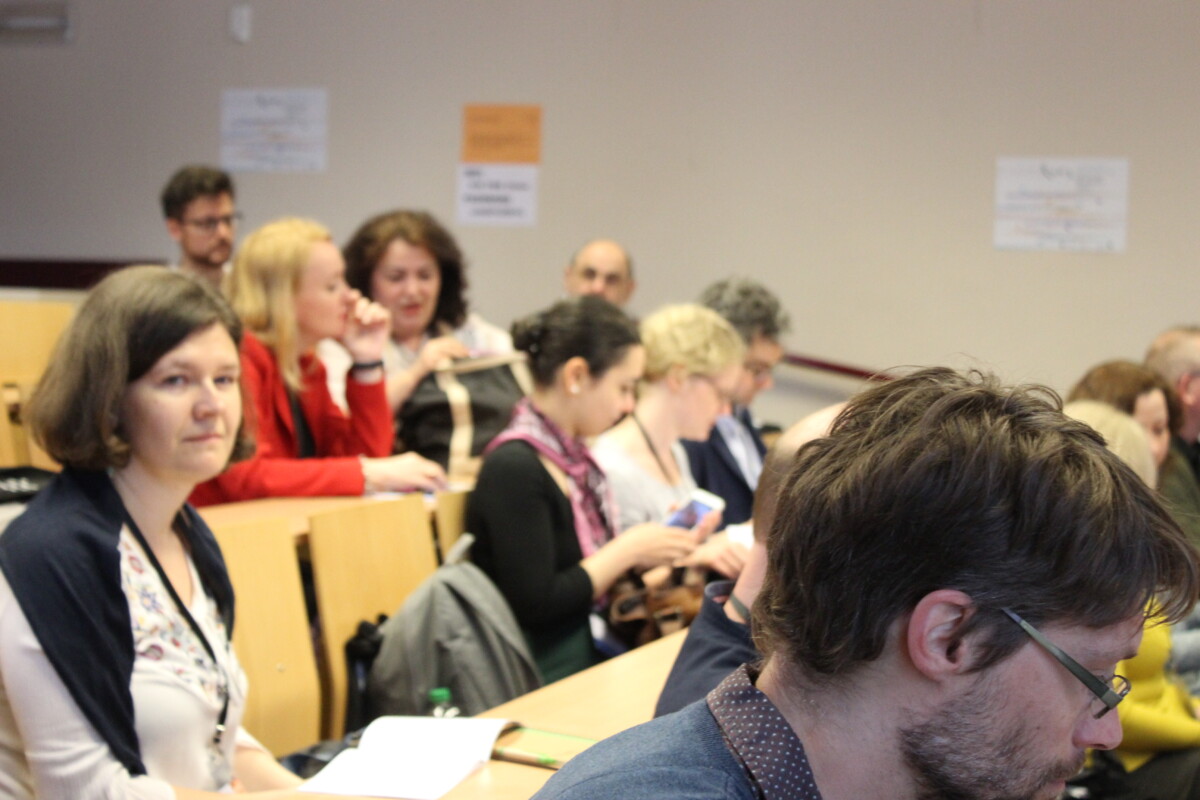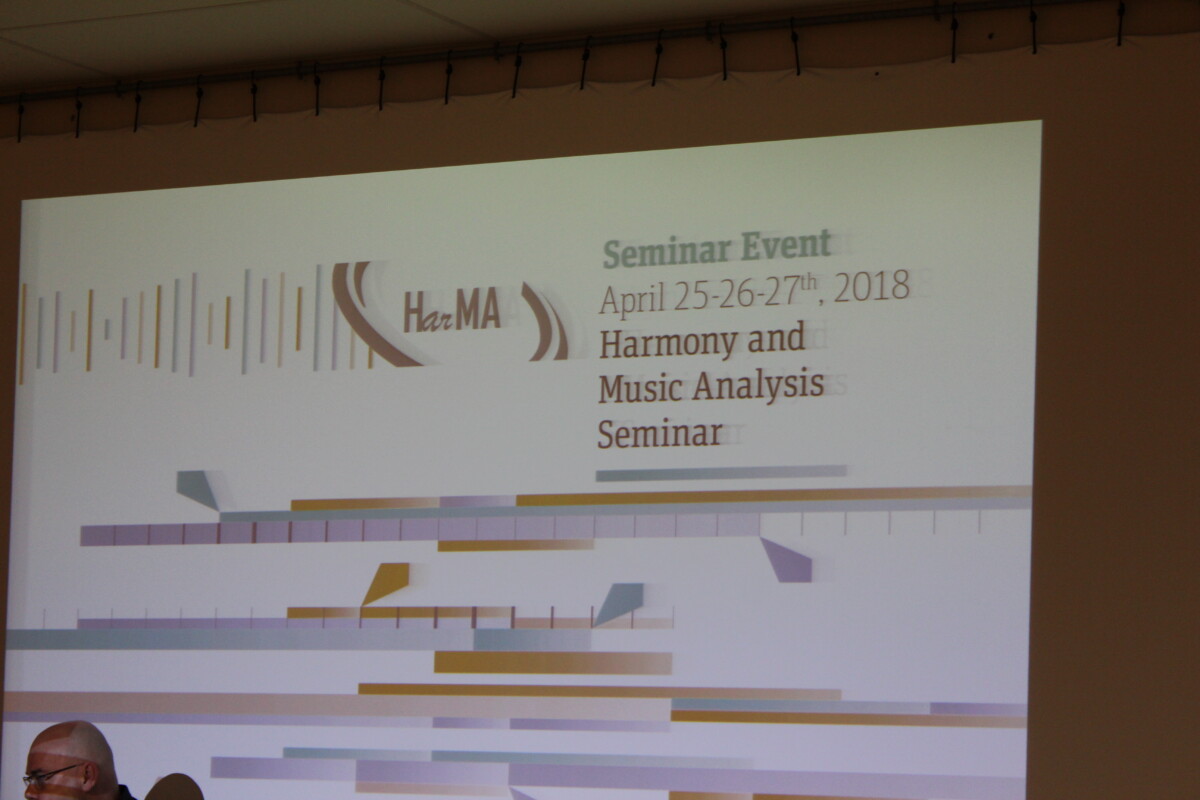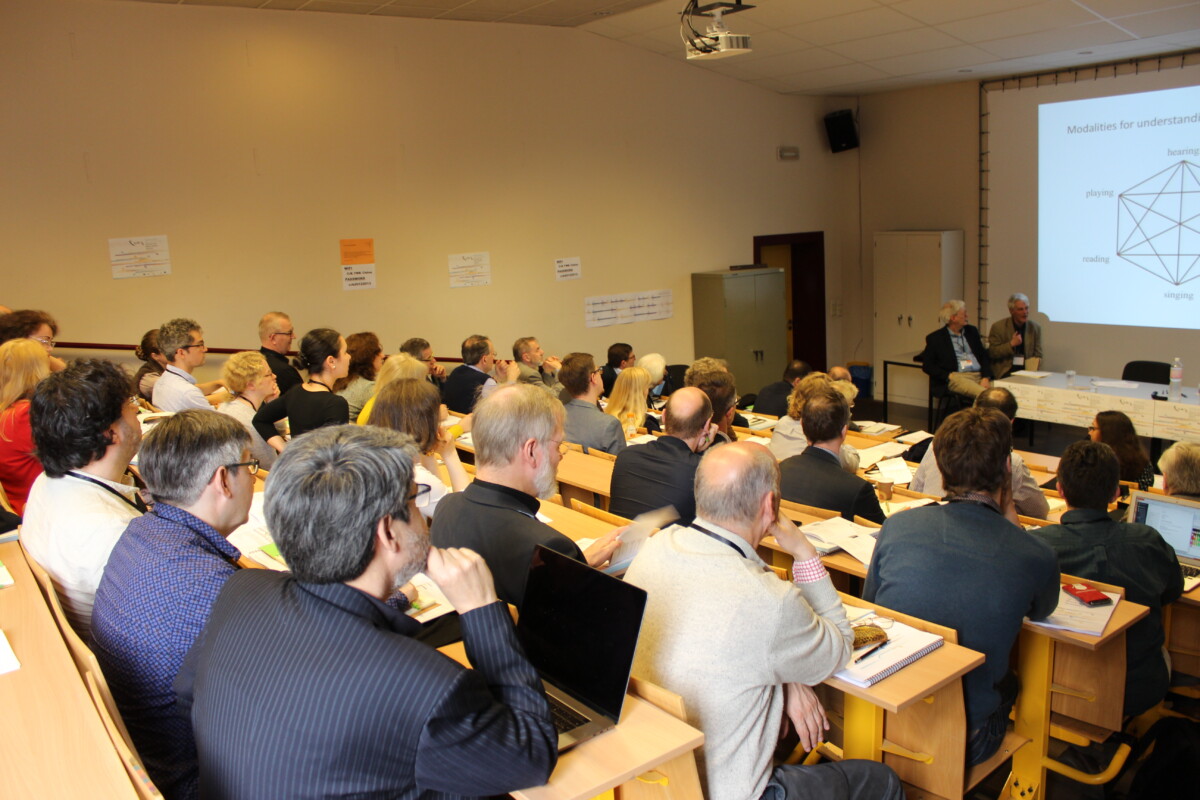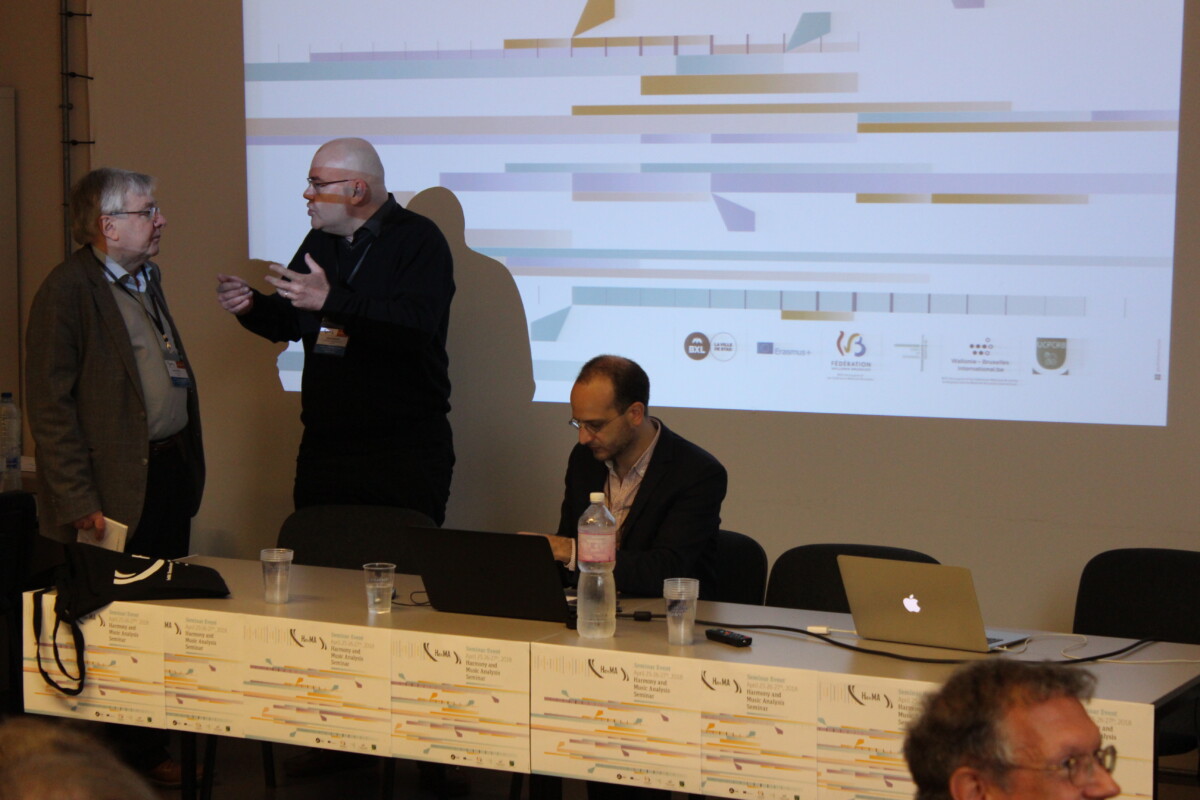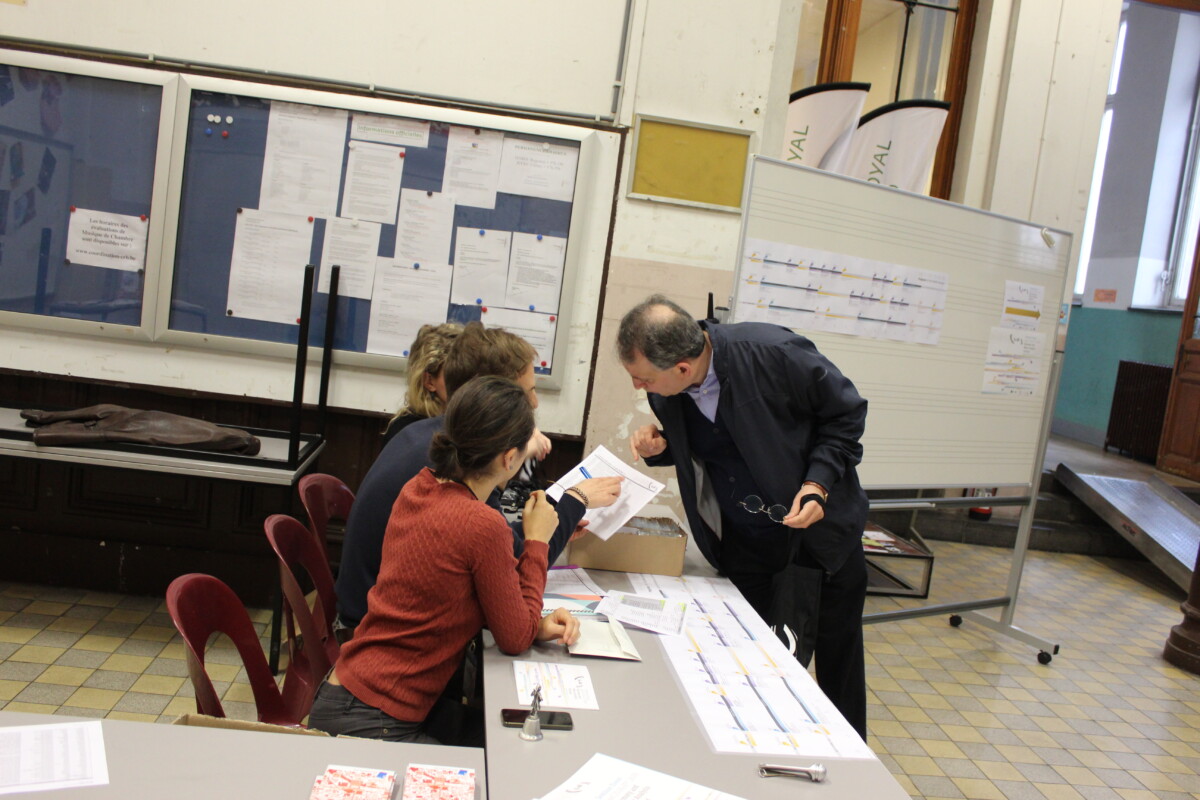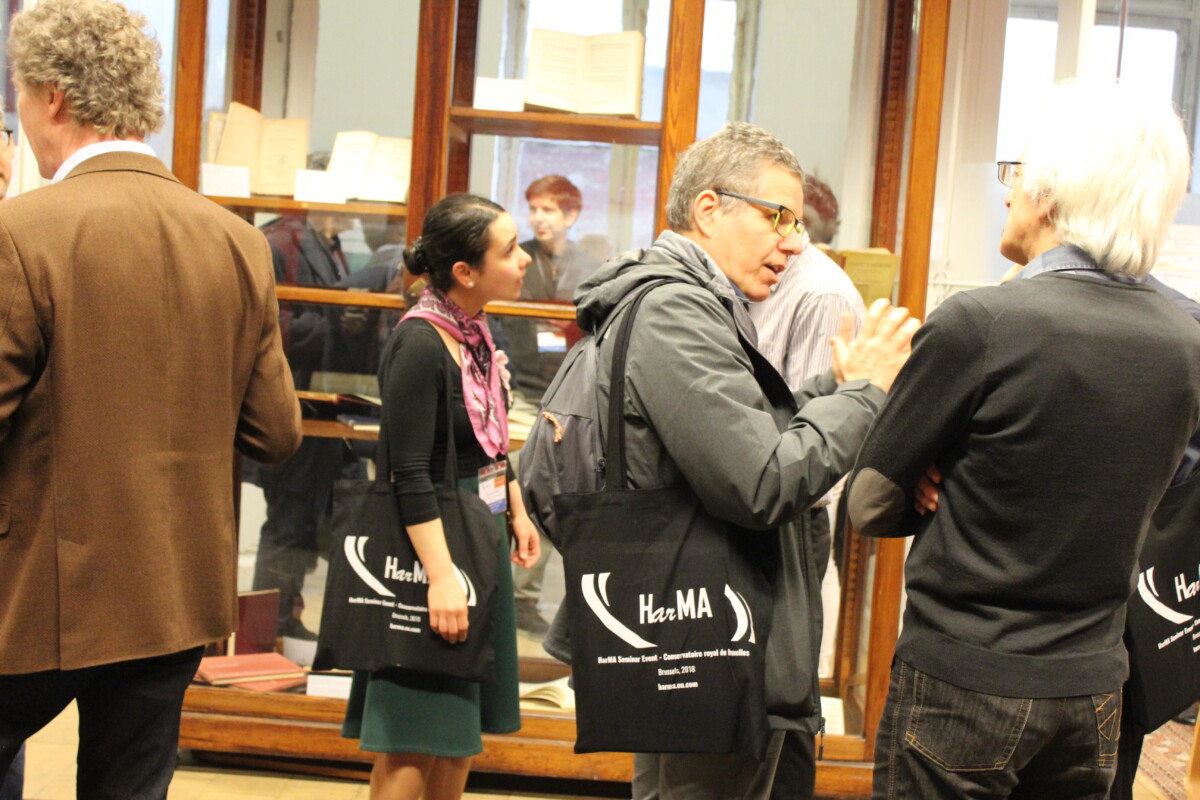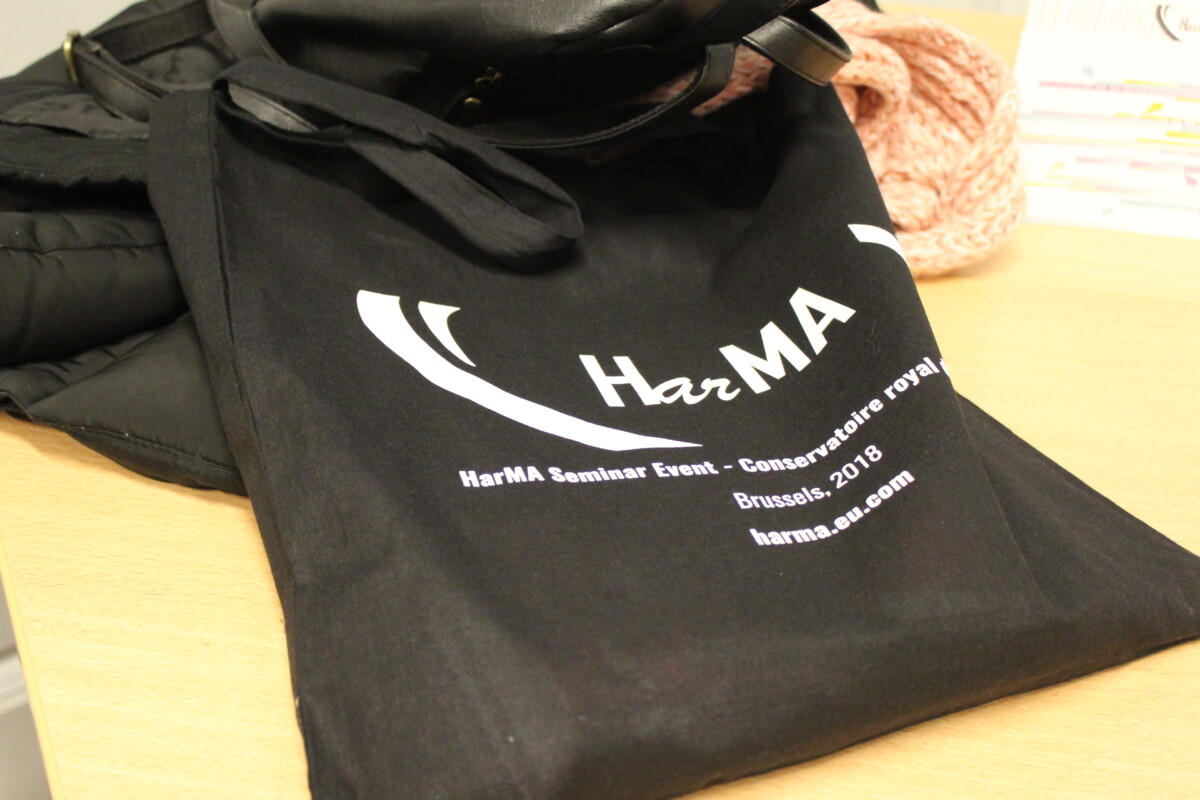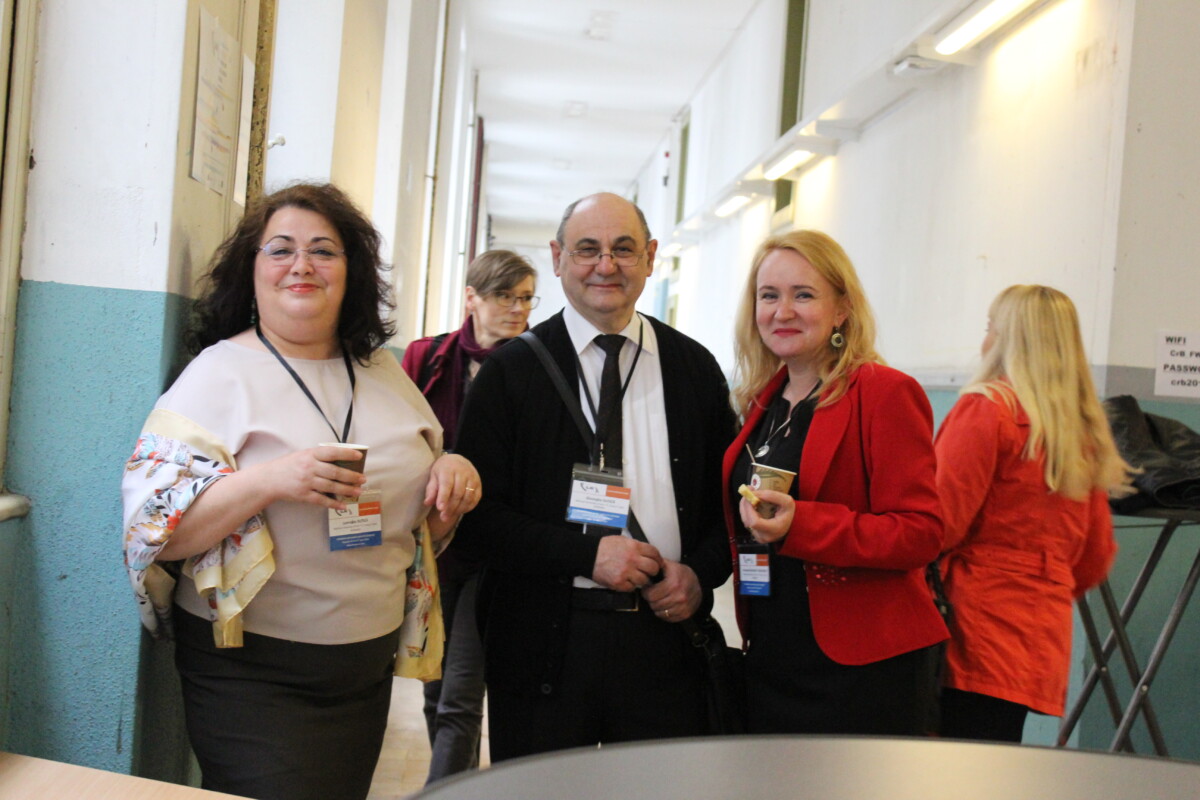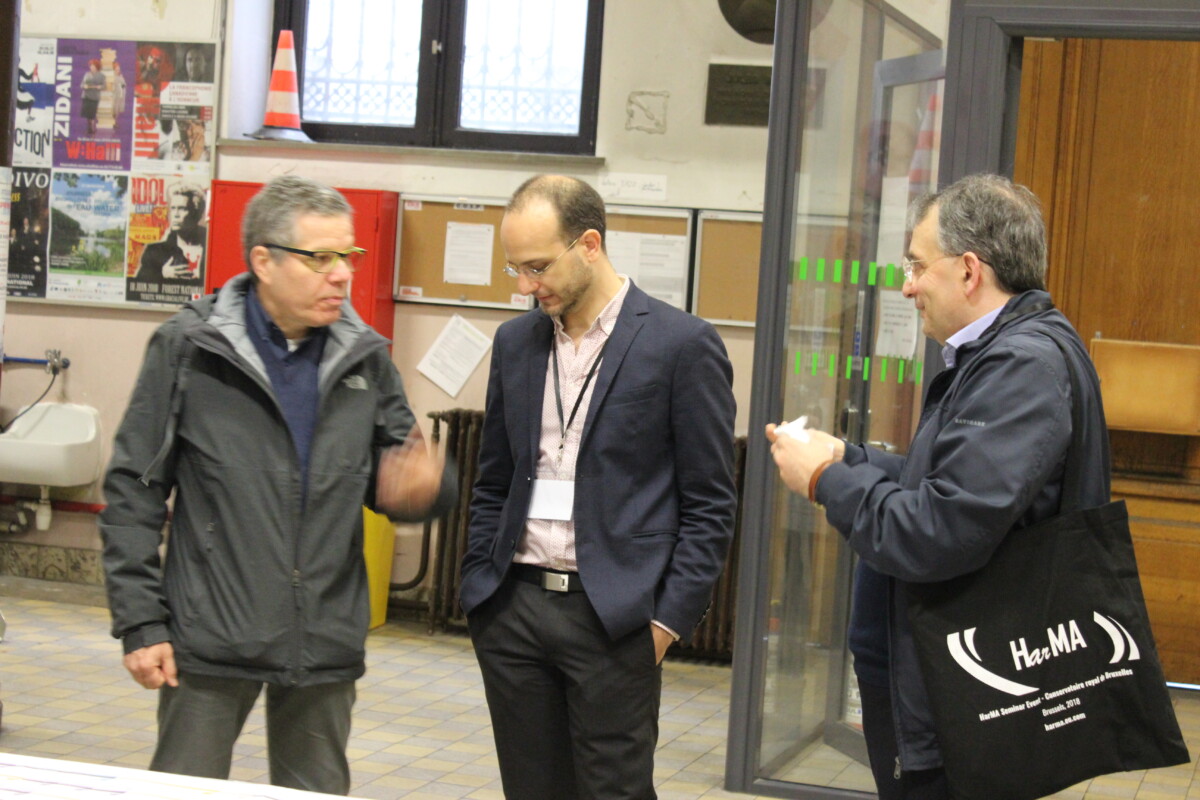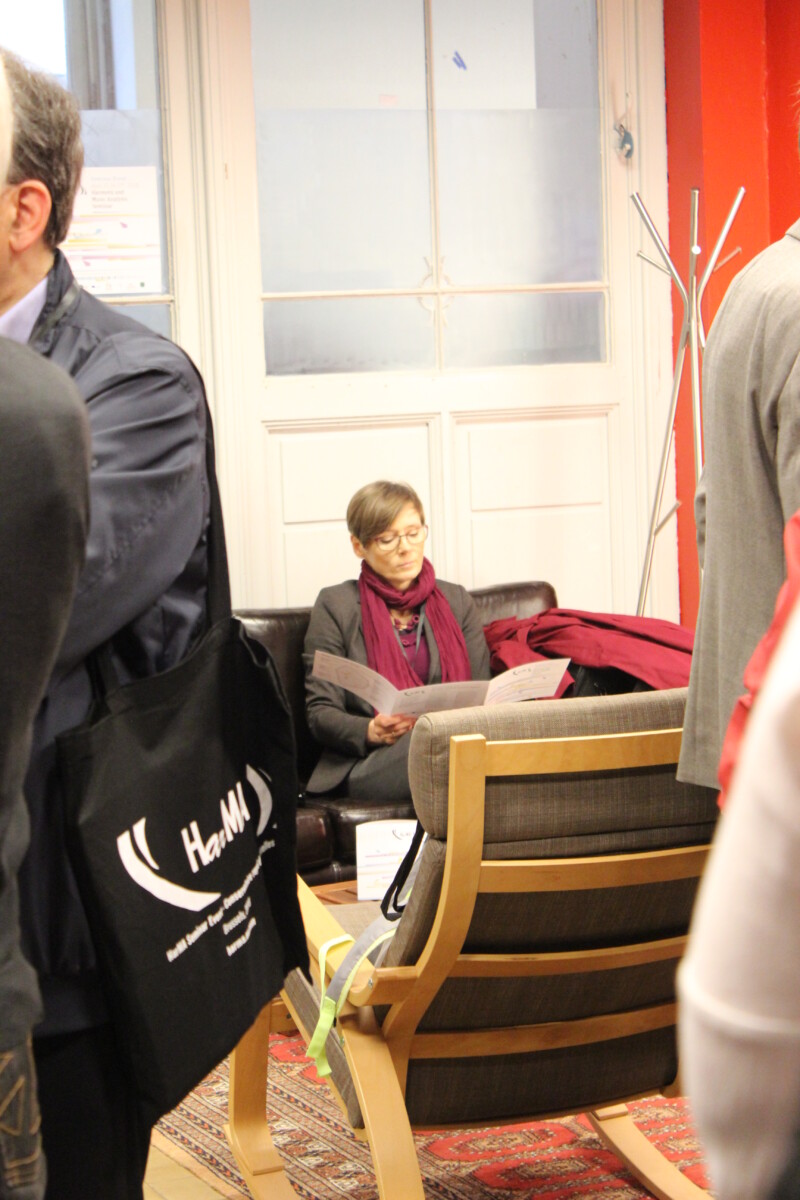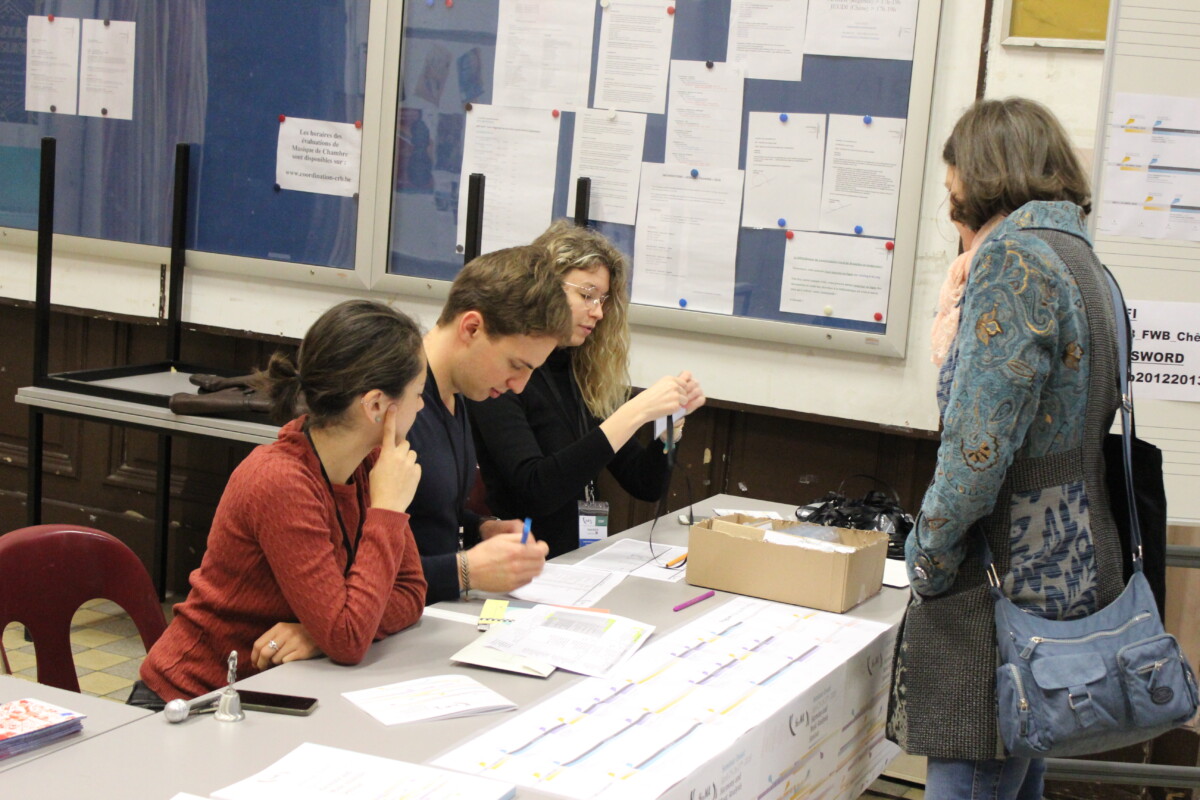Comparative Analysis Training Session
Day 2, April 15th
Isaac Albéniz, Prelude (“Evocación”), from Iberia, book 1
Chaired by Marc GARCIA VITÒRIA
Conservatori Superior de Música “Joaquín Rodrigo” de València
Led by
John Koslovsky (KULeuven, Belgium) and
Alberto Martín Entrialgo (The Purcell School and Royal College of Music, U.K.).
Score to use
Audio
Analysis Booklet HarMA 2025
The overall objective of this traing session (Day2, 15/04) is to compare various methodological
and didactic approaches to music analysis. To do this, we have selected the opening piece from the first
book of Isaac Albéniz’s famous piano suite, Iberia (1905-08). Written in Paris in 1905 and
originally construed as a prelude, “Evocación” is a work saturated with impressionistic
sonorities and scales. At the same time, the piece bears clear traces of classical form, phrase
structure, schemata, and cadence; not only that, but the work is also strongly evocative of
Spanish folk music through its incorporation of elements from the fandanguillo and the jota.
All told, Albéniz offers us a rich panoply of compositional and stylistic elements, and in
doing so invites us to approach his music from numerous analytical vantage points.
In order to facilitate discussion at the session, we ask that participants submit their own
analysis of the piece in advance (due date: 14 March). You are free to use any methodology
and terminology you see fit to approach the music, especially as you may use them in various
pedagogical settings (whether for a general music analysis course, for more advanced
analysis seminars, or for specific target groups or other music-educational settings). The
analysis can take the form of an annotated score, diagrams, and/or a short accompanying text.
You may elect to discuss structural and stylistic elements; aspects of performance; the
listening experience; or any other analytical modality you deem appropriate. You may choose
to provide an analysis of the entire movement, or you can decide to focus your attention on
specific passages for more detailed assessment. Most importantly, we are looking for your
analytical and didactic insights into the music, ones that will foster friendly debate and
collegial discussion among the HarMA participants. More detailed questions about the piece
will follow at a later date.
During the session a selection of analyses will be picked out for comparison, and audience
members will have ample opportunity to discuss their own findings. A performance of the
piece will be offered by Nicolás Puig Esteban of the Conservatori Superior “Joaquin
Rodrigo” de València.
All the submitted Analysis will be collected in one digital booklet to share to the audience.
Booklet of HarMA 2018
Booklet of HarMA 2023
This Analysis Booklet HarMA 2025 represents the work of twenty music theory and analysis teachers
coming from no fewer than thirteen different countries. Their analyses of Isaac Albéniz’s famous prelude
from book one of his piano suite Iberia (“Evocación”) demonstrate the plurality of methodologies and traditions
that can be brought to bear upon a work that is rich in its evocations of Spanish folk idioms, classical
structures and procedures, and exotic scales and harmonies.
We would like to thank the participants for their contributions, and we look forward to a rich
comparative analysis session at the HarMa seminar in April!
If you have any queries about the conference, please email
erasmus@conservatoire.be (Salvatore Gioveni, Chair of the HarMA projects)
erasmus@csmvalencia.es (Vicent Sanchis, IrC and English teacher)
All Participants will also be invited to publish their analysis in the HarMAnalysis Repository
if the HarMA HUB platform is ready, which is a part of the HarMA HUB project. All analysis
will be submitted to the standard review process. Please see the website
for the guidelines and requirements.


